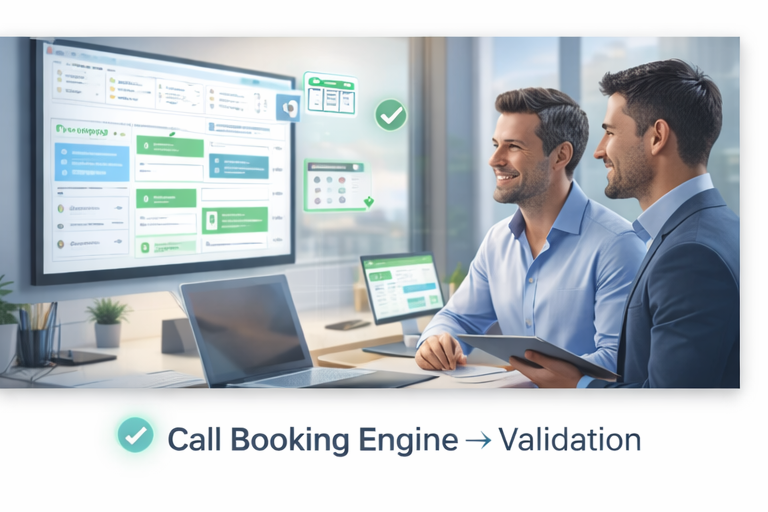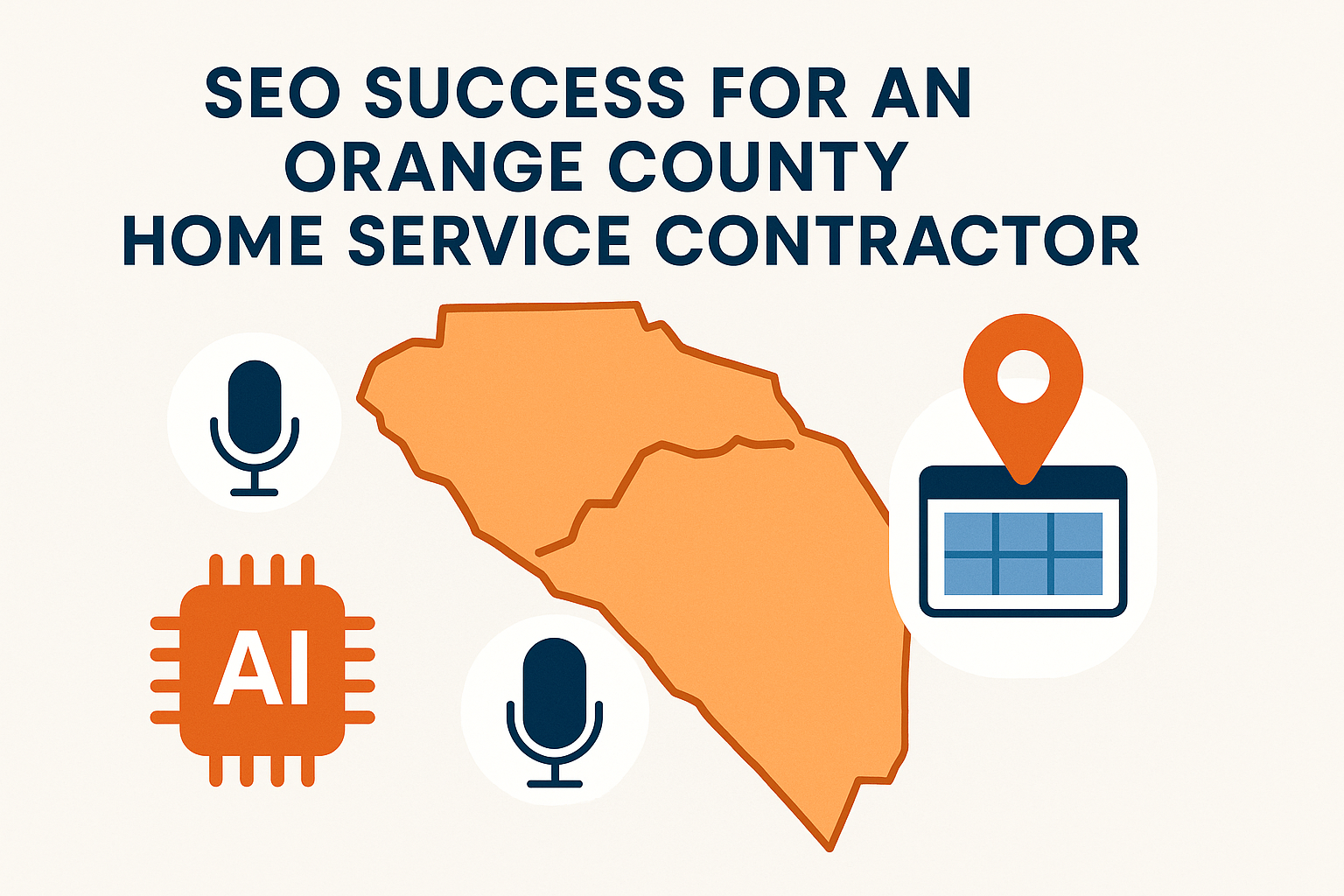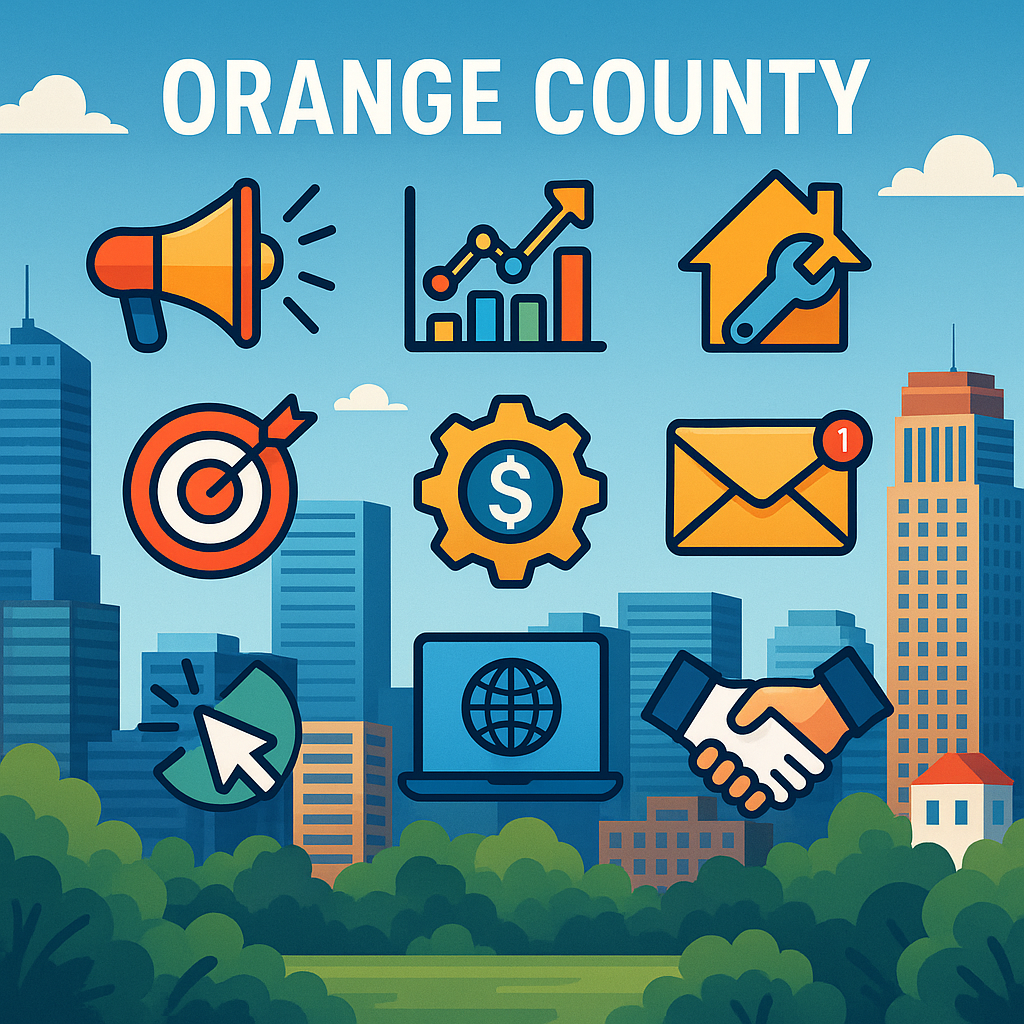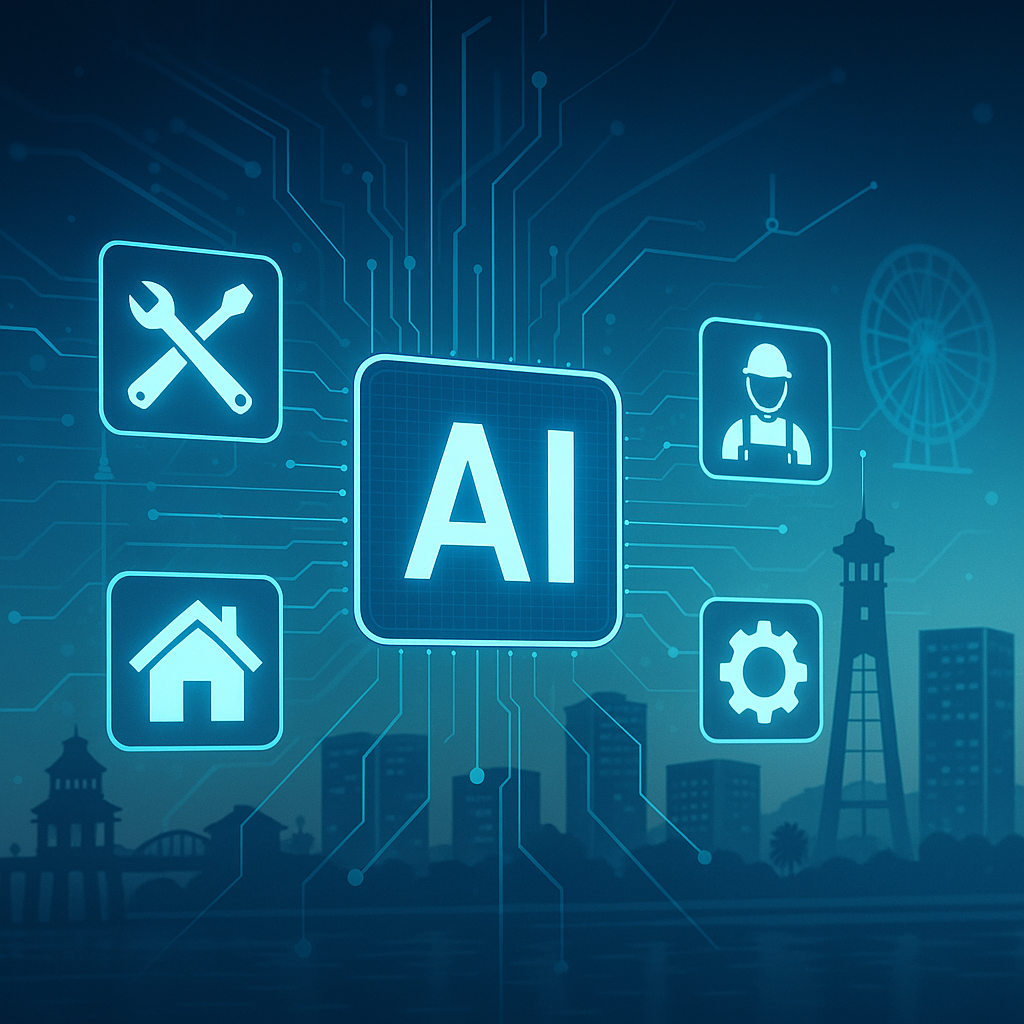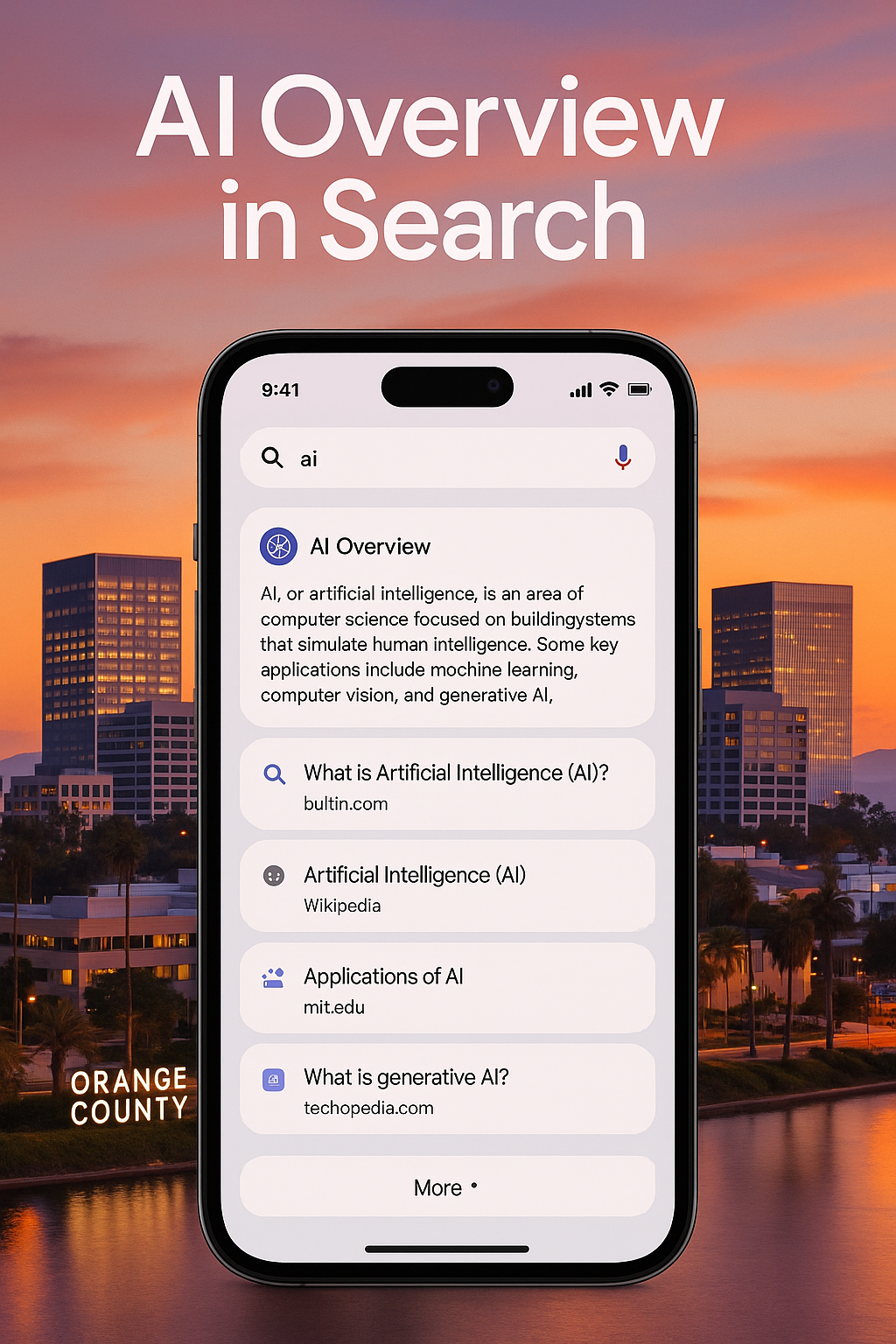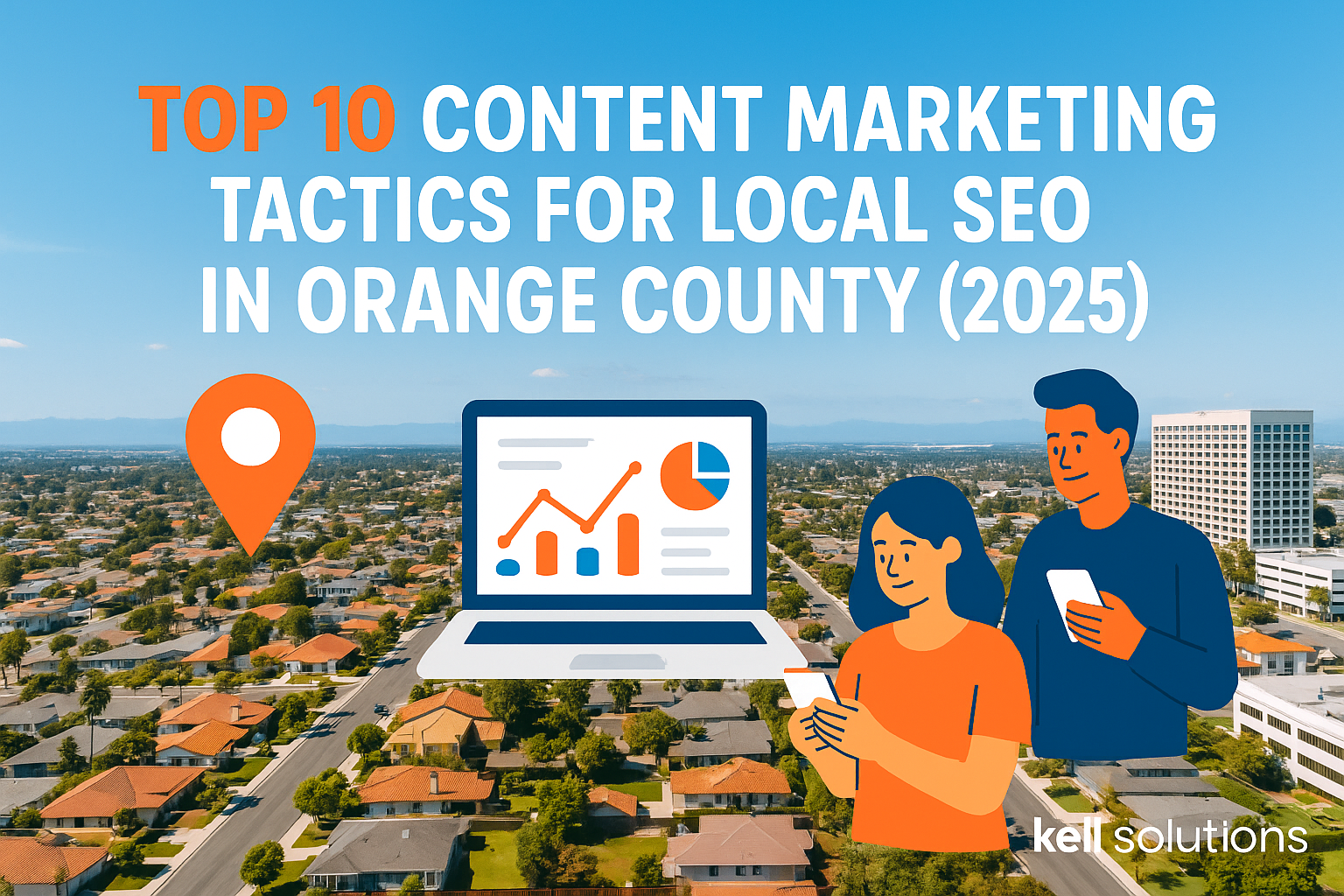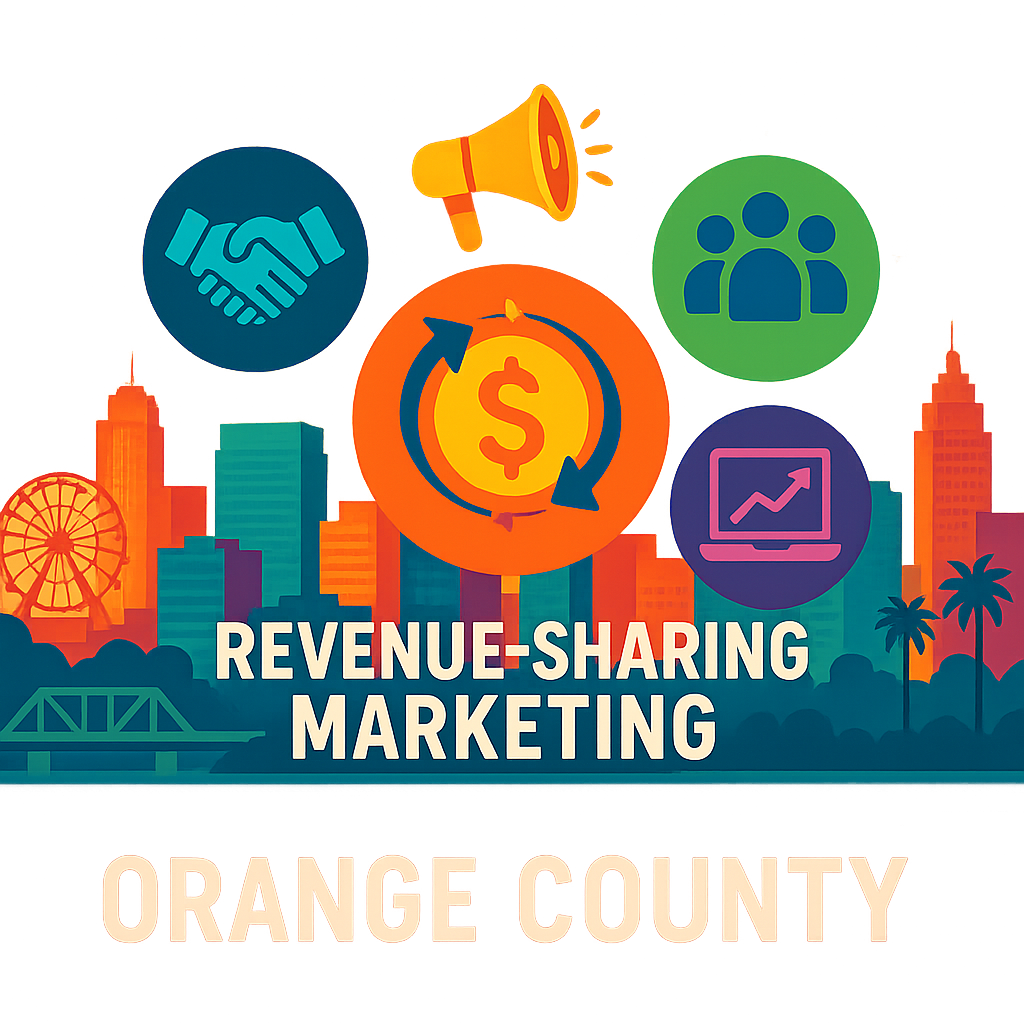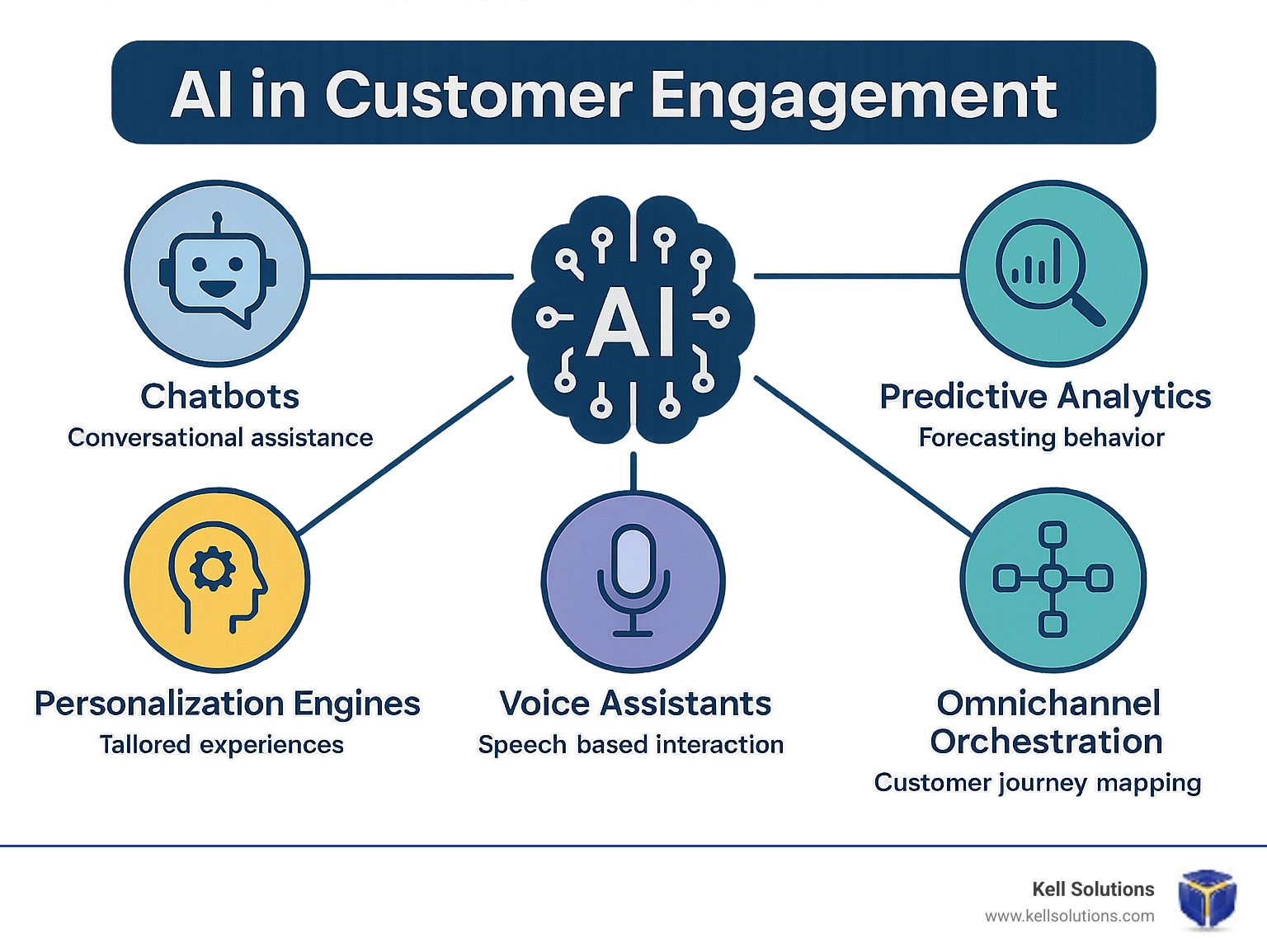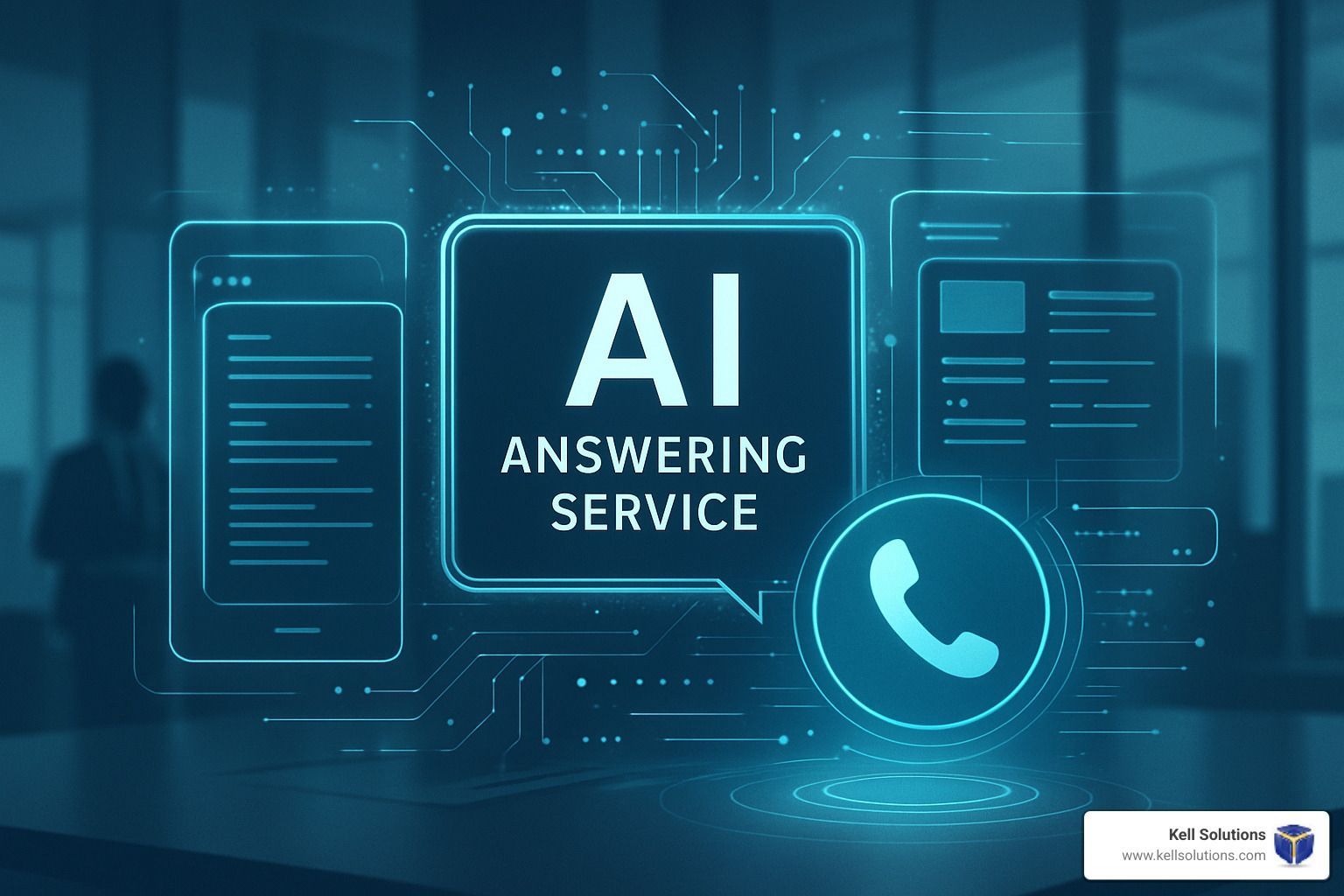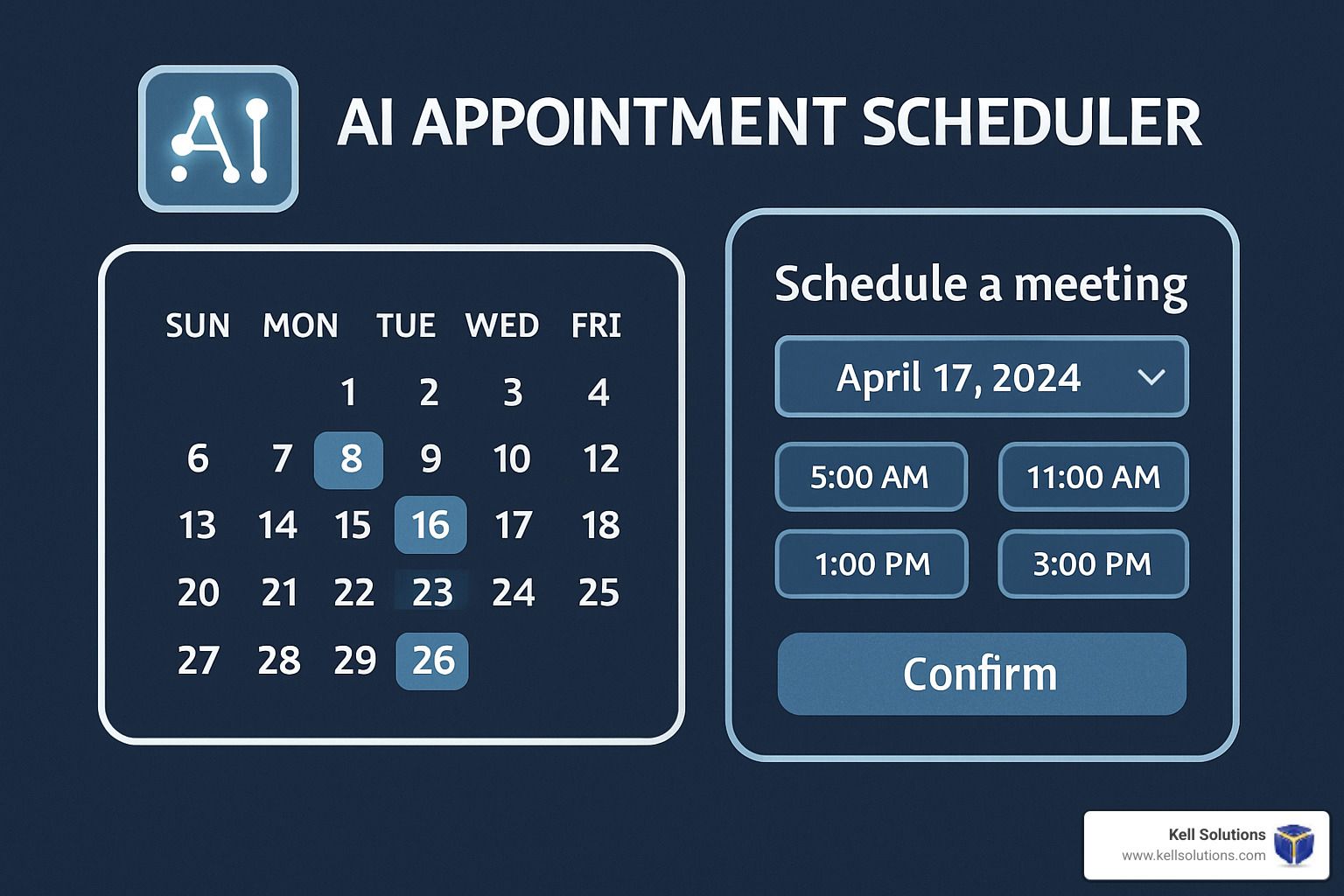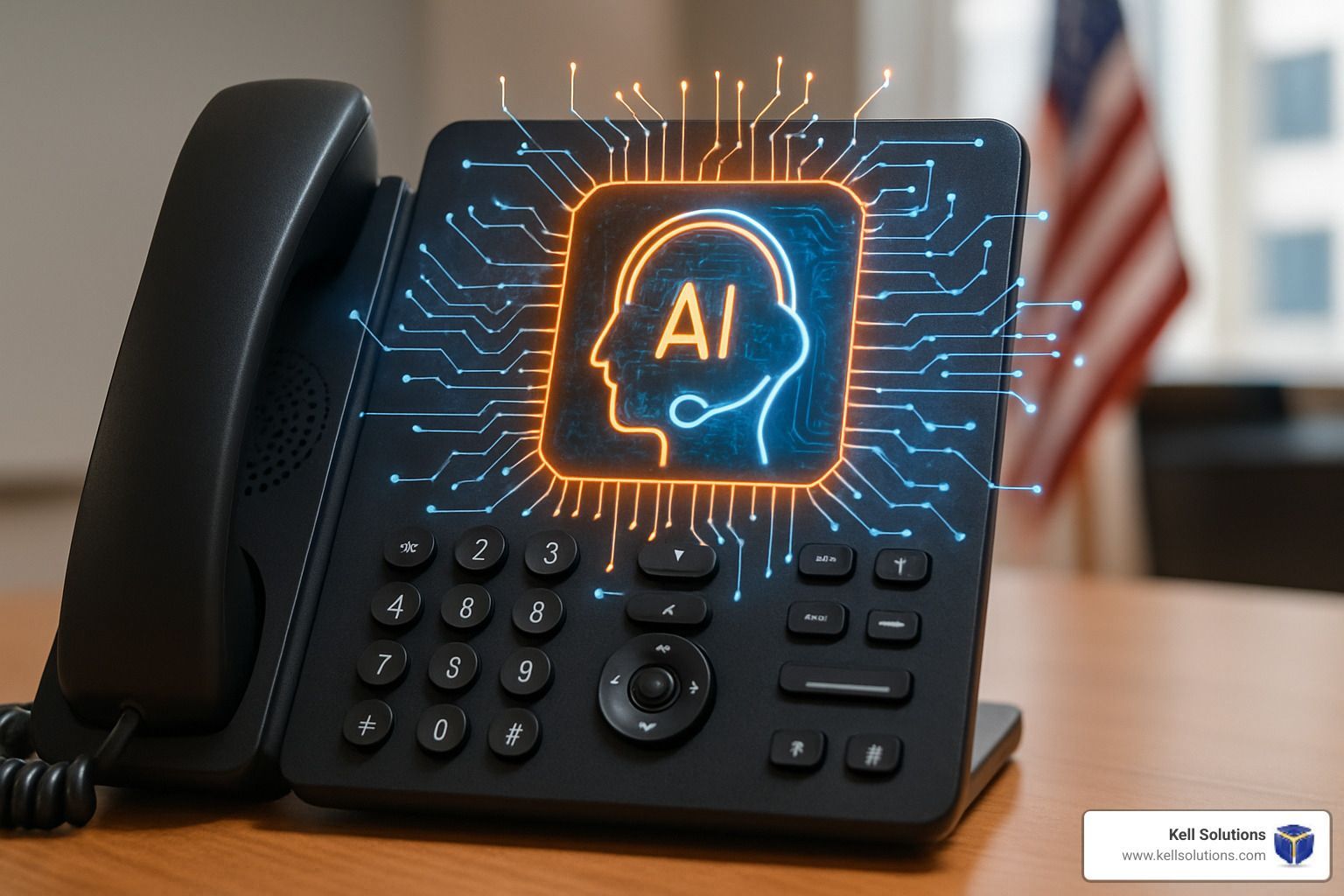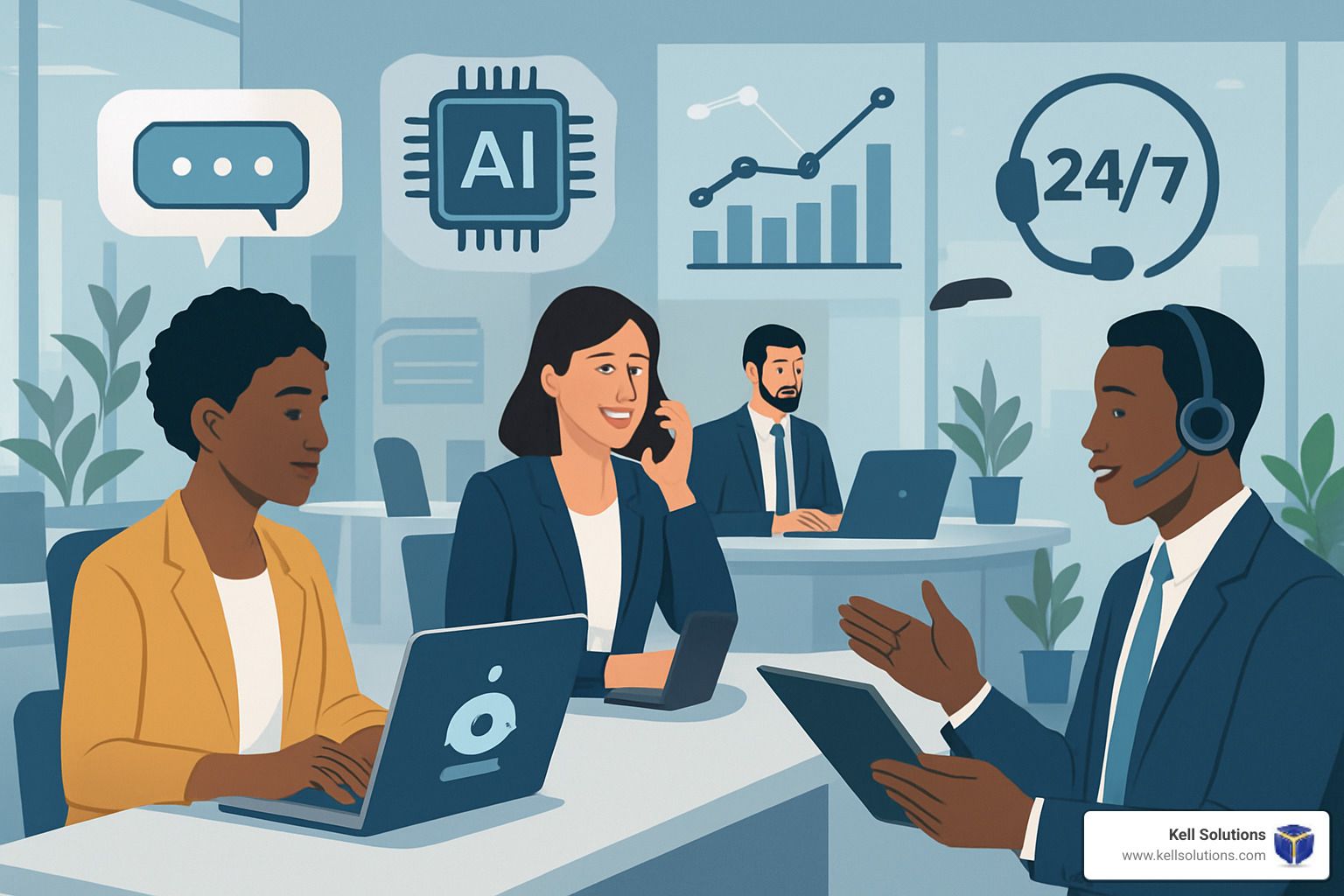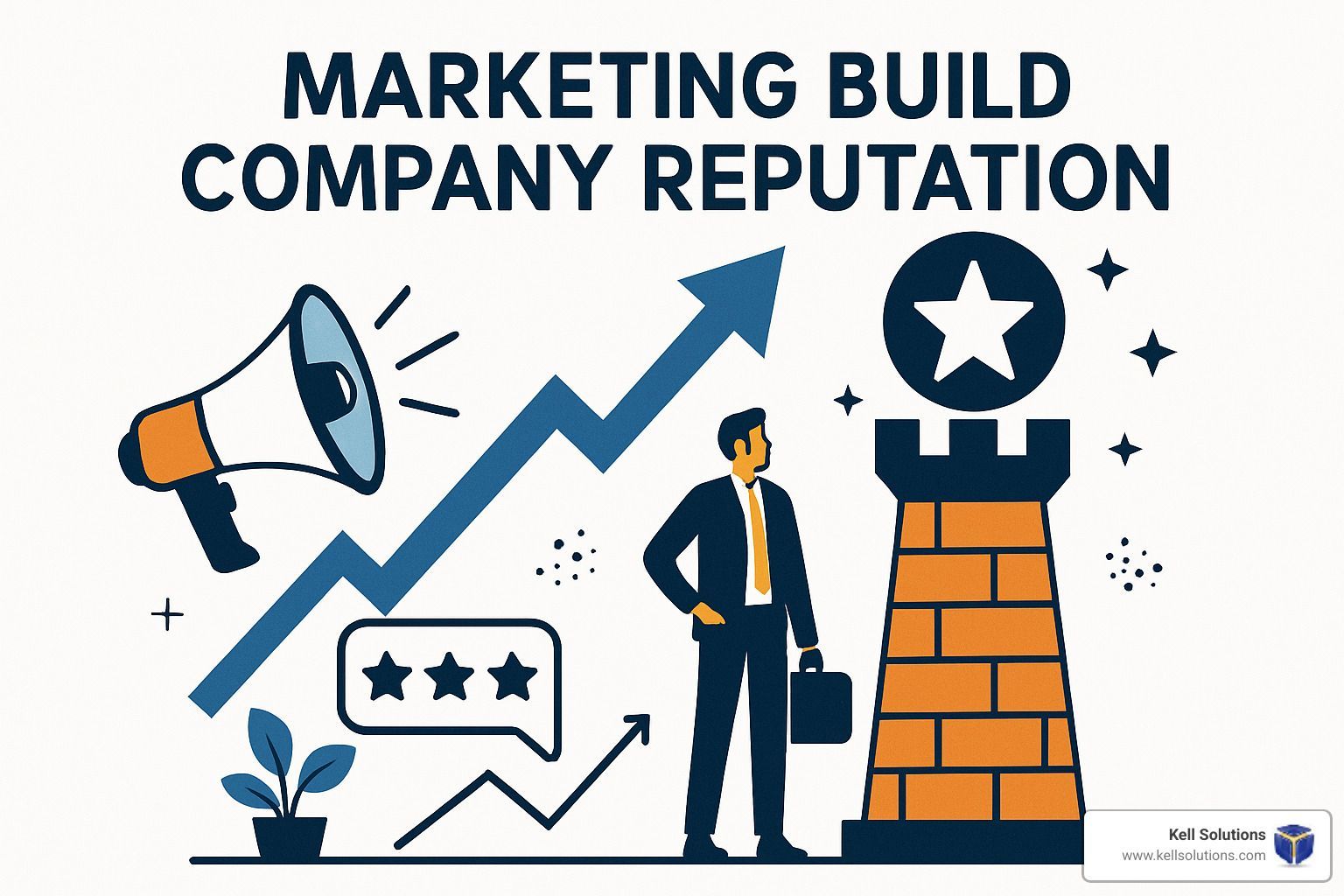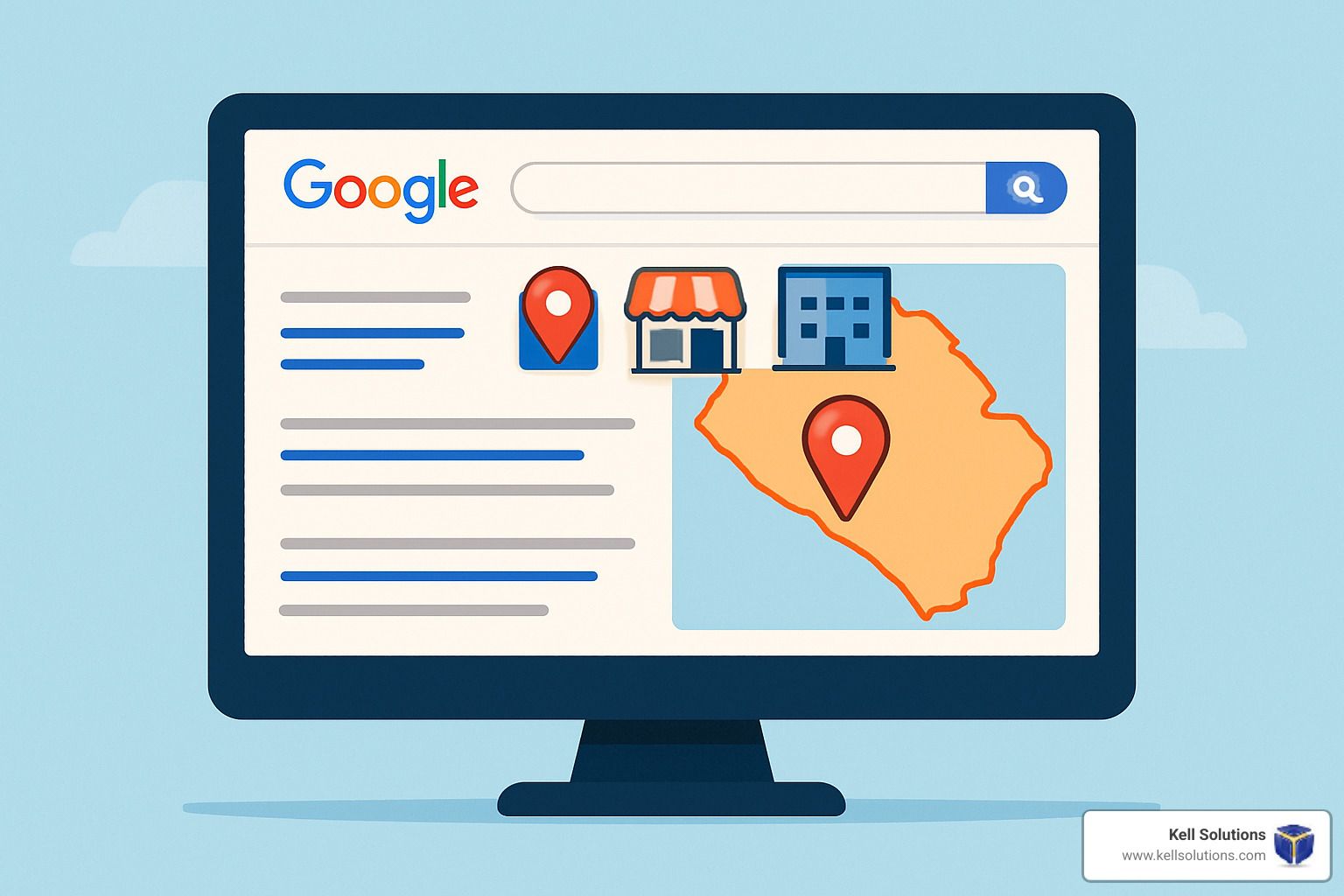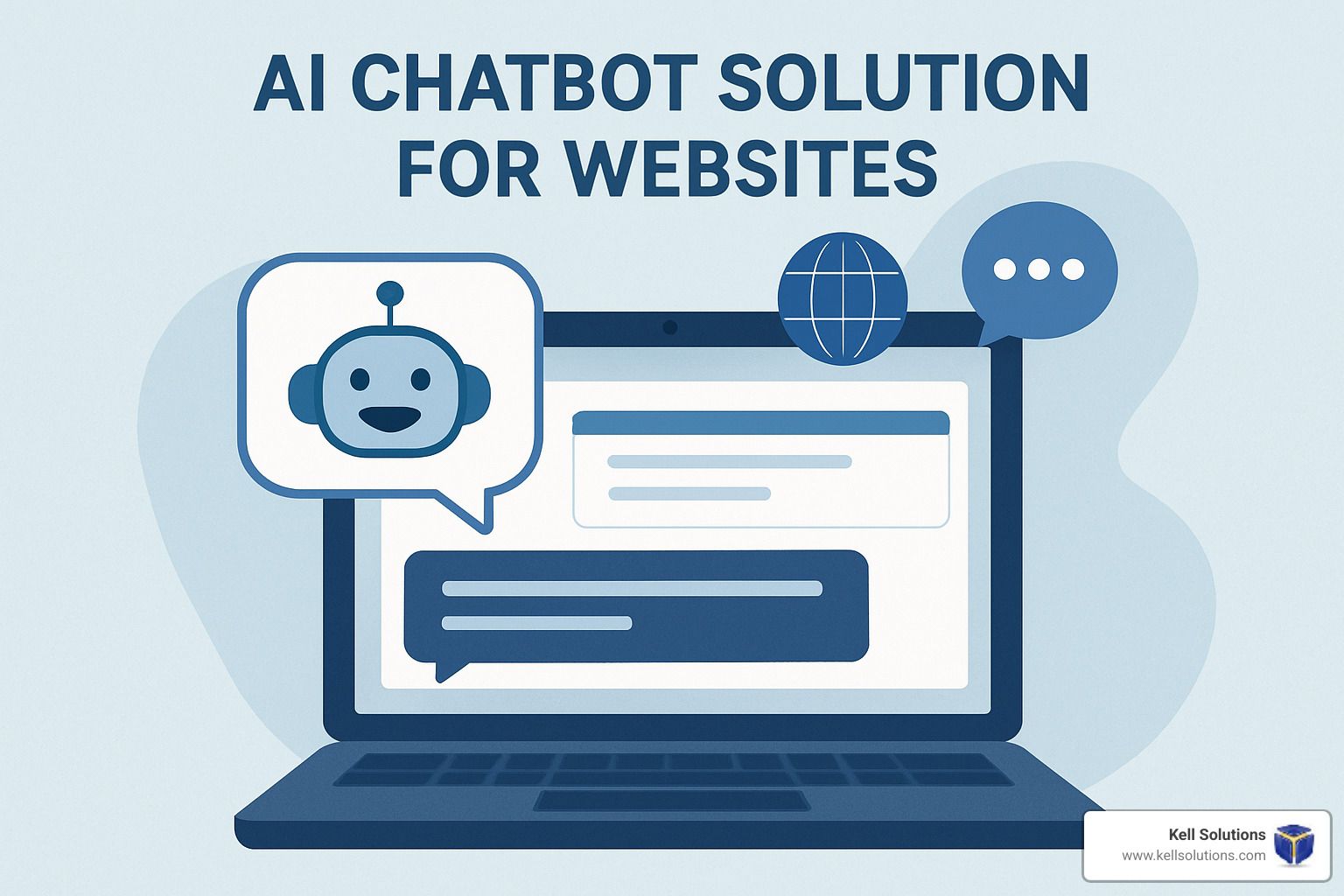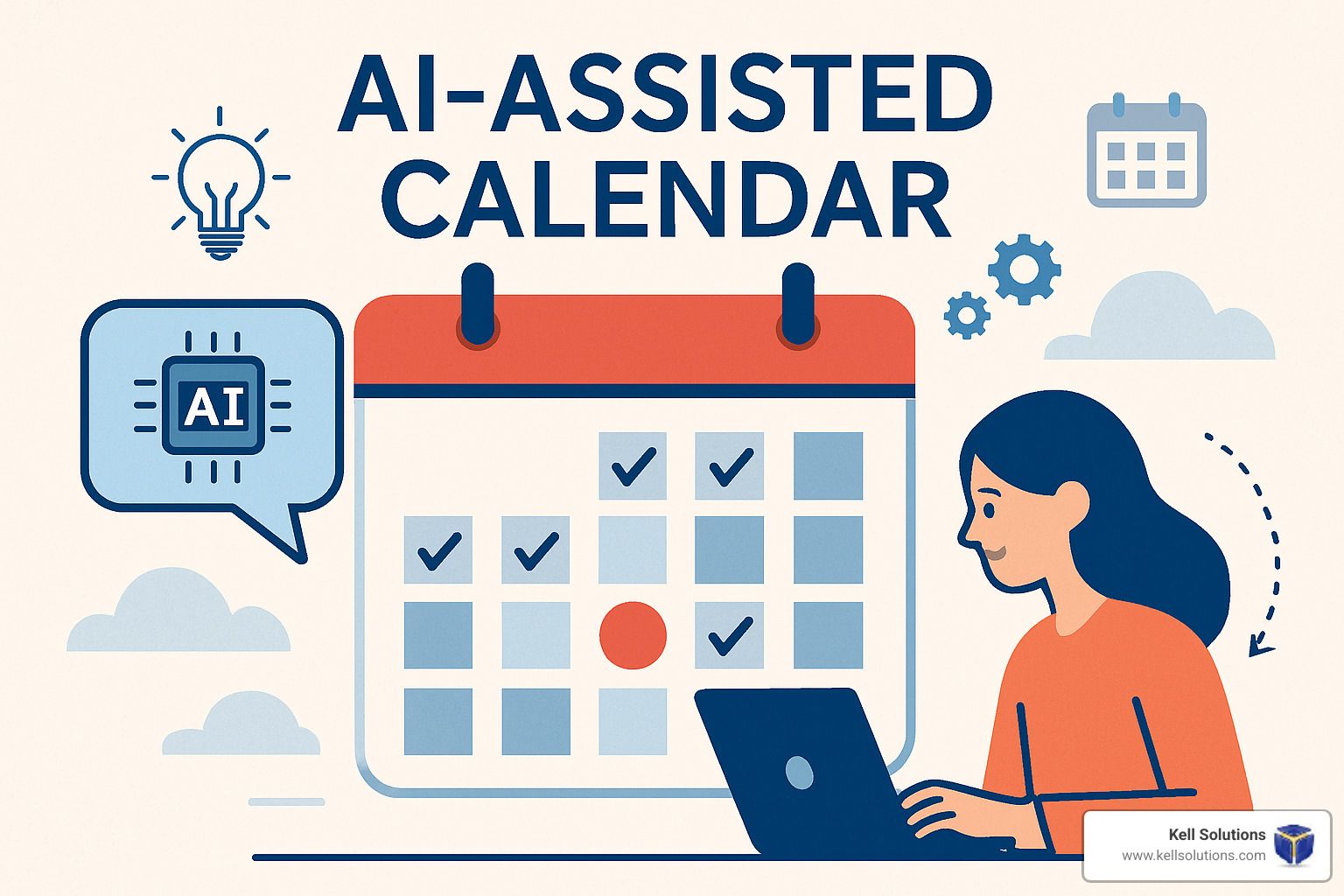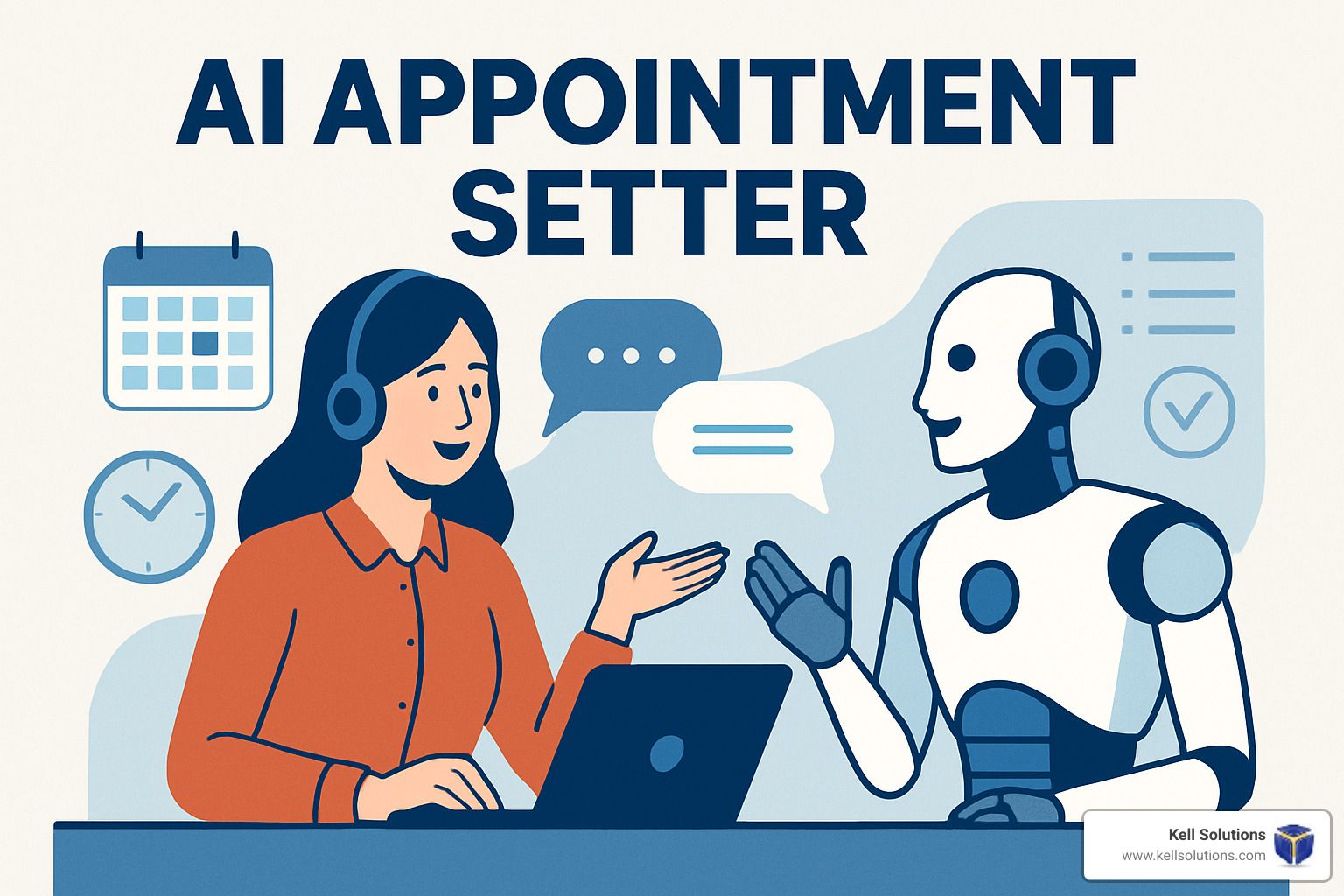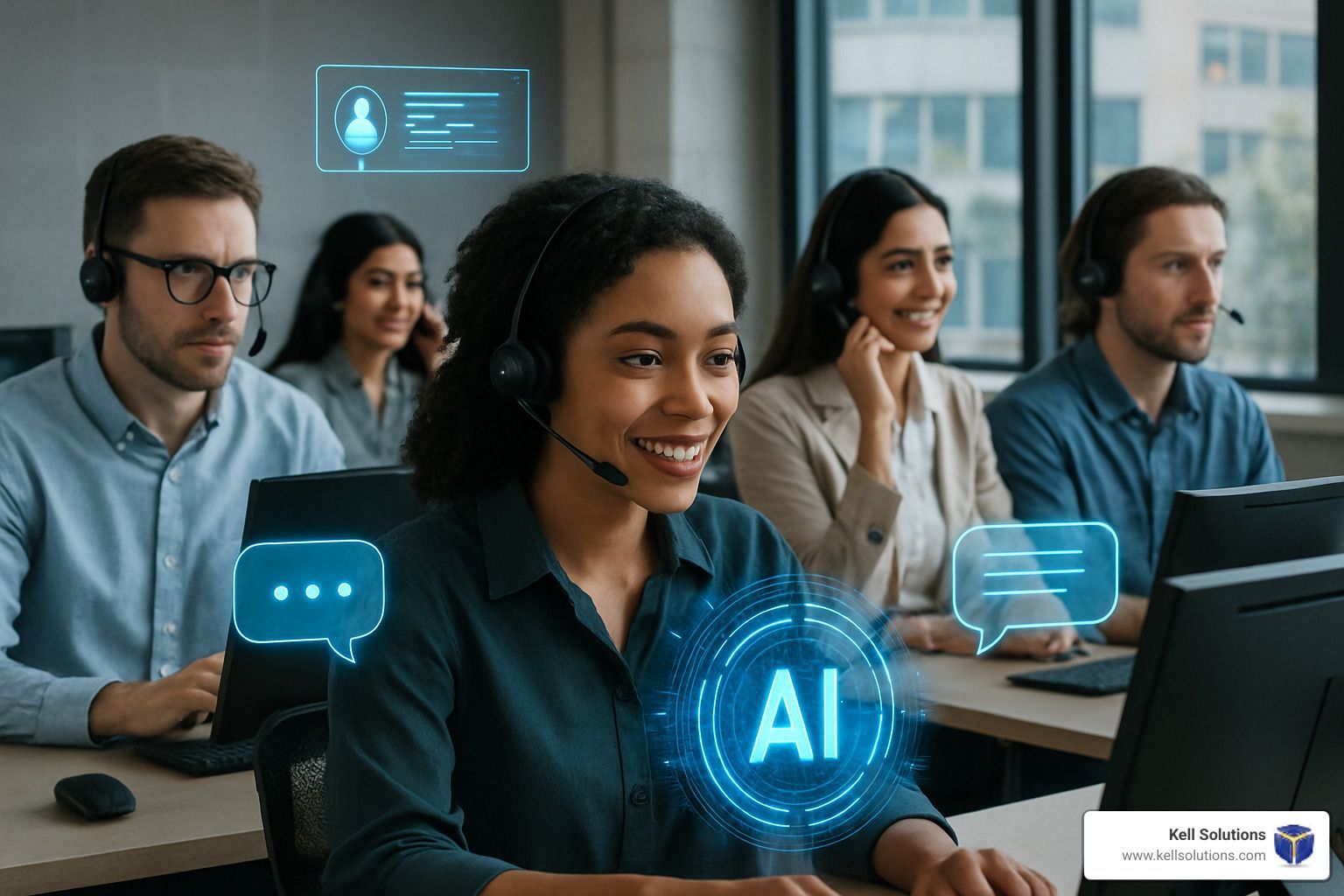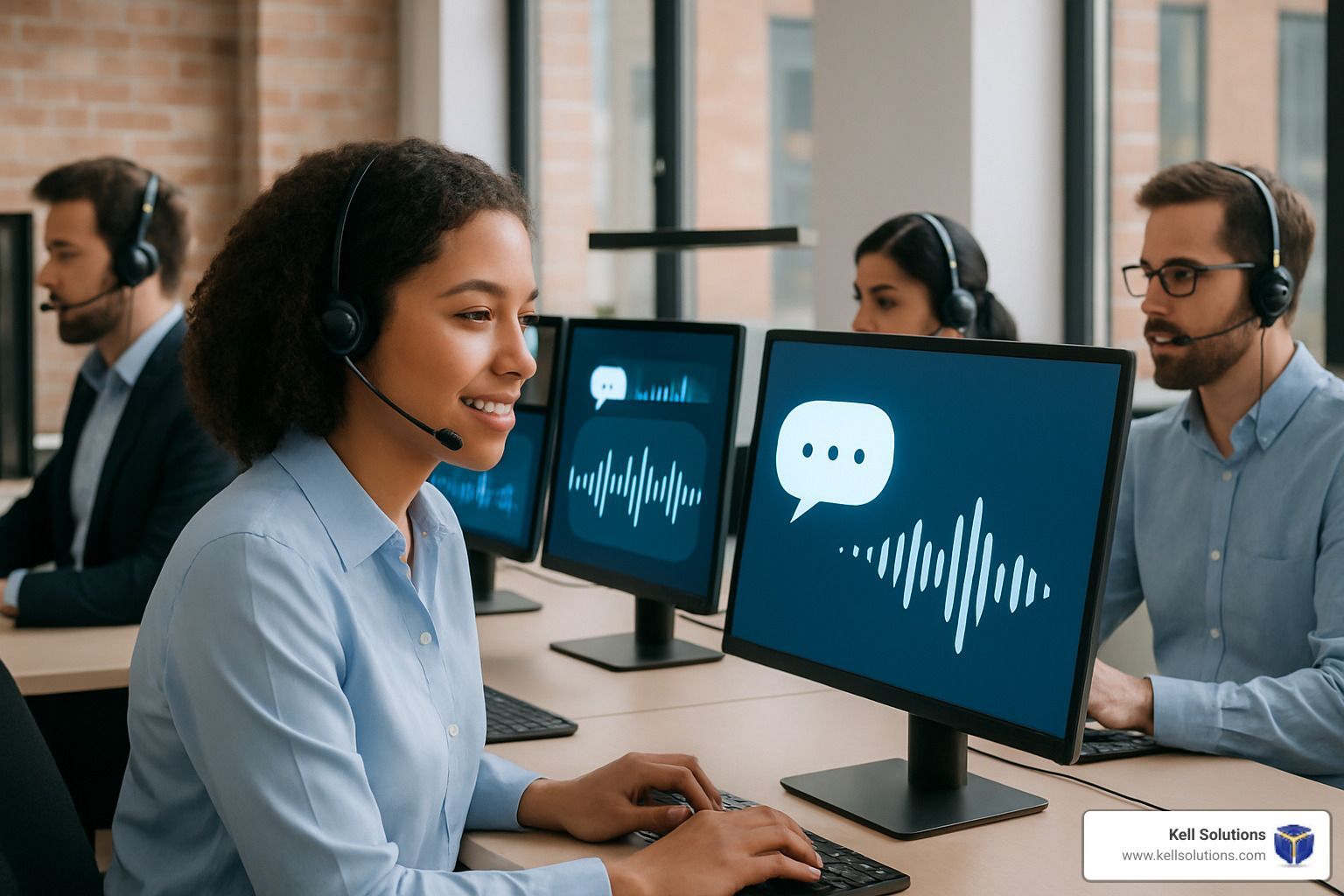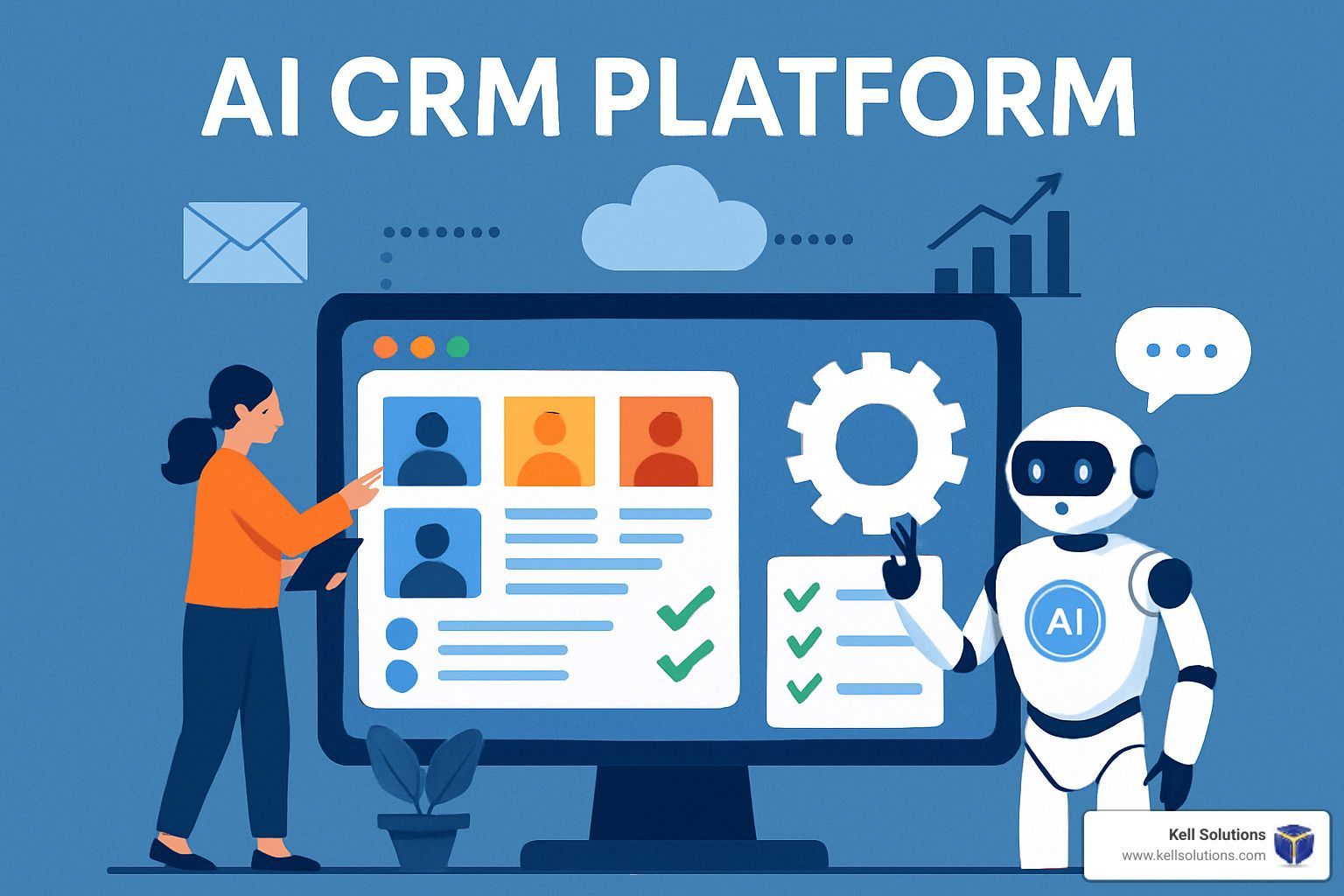Answering the Call with AI – Top Phone Answering Systems Reviewed
The Rise of AI Phone Answering: Never Miss a Lead Again
An AI phone answering system is automated technology that uses artificial intelligence to answer calls, book appointments, and respond to customer inquiries without human intervention. These systems work 24/7, can handle multiple calls simultaneously, and typically cost 70% less than human answering services.
Key elements of AI phone answering systems:
- Natural language processing to understand caller requests
- Text-to-speech technology for human-like responses
- Integration with calendars, CRMs and business tools
- Call recording and transcription capabilities
- 24/7 availability with no hold times
Did you know that 60% of customers prefer to call local businesses after finding them online? Yet only 38% of these calls get answered, and just 20% of callers leave a voicemail when nobody picks up. That's a lot of missed opportunities for your business.
The frustration of missed calls is something many business owners understand all too well. Whether you're meeting with clients, handling other tasks, or simply closed for the day, every unanswered call could be your next paying customer walking straight to a competitor.
In 2024, AI phone answering technology has matured significantly. Today's systems don't just take messages – they engage in natural conversations, book appointments directly into your calendar, answer common questions about your business, and even detect caller emotions to determine when human intervention is needed.
"I actually like our AI voice better than our former live answering operators." – Small business owner using IsOn24
What makes these systems particularly valuable for small businesses is their ability to scale without additional cost. Unlike traditional answering services that charge by the minute or require hiring additional staff, AI phone systems can handle unlimited concurrent calls at a fixed monthly rate – typically ranging from $49 to $400 per month depending on features and call volume.
For businesses with seasonal fluctuations or unpredictable call patterns, this means never paying for idle time while ensuring every potential customer reaches a helpful voice.
I'm Gregg Kell, founder of Kell Web Solutions, and I've spent the past 25 years helping service-based businesses optimize their customer communication systems, including implementing AI phone answering systems that convert more website visitors into qualified appointments.
Why a Product Round-Up Now?
The AI phone answering market is experiencing unprecedented growth in 2024. What was once considered cutting-edge technology reserved for enterprise businesses has now become accessible and affordable for businesses of all sizes.
Small and medium-sized businesses are facing increasing pressure to provide 24/7 service availability while keeping operational costs manageable. The adoption curve has reached a tipping point where the technology is both sophisticated enough to handle complex conversations and affordable enough to deliver clear ROI for businesses with even modest call volumes.
As more customers expect immediate responses regardless of business hours, the urgency for SMBs to implement automated solutions has never been greater.
Search Intent Snapshot – "AI phone answering system"
When businesses search for AI phone answering systems, they're typically in the evaluation phase of their buying journey. They've recognized the problem of missed calls and lost leads, and they're looking to compare features, understand pricing models, and create a shortlist of vendors.
The most common questions revolve around:
- How natural do these AI voices actually sound?
- What's the setup process like and how much technical knowledge is required?
- How do they integrate with existing business tools?
- What's the real cost compared to traditional answering services?
- Can they handle industry-specific requirements?
Our comprehensive roundup addresses these questions to help you make an informed decision for your business.
What Is an AI Phone Answering System?
When you break it down, an AI phone answering system is like having a super-smart receptionist who never takes breaks or has a bad day. These systems blend several cutting-edge technologies to create a seamless experience for your callers:
Speech recognition technology listens to your callers and turns their words into text. Natural Language Understanding (NLU) then figures out what they're actually asking for – not just the words they're saying, but their true intent. Once the system understands the request, Text-to-Speech technology creates a natural-sounding voice response that doesn't sound like the robotic voices of yesterday.
All of this happens through cloud telephony, which handles calls over the internet rather than traditional phone lines. And the whole system gets smarter over time through machine learning, adapting to the types of calls your business receives.
Unlike those frustrating old menu systems ("Press 1 for sales, press 2 for..."), modern AI phone answering systems have actual conversations with your callers, just like a helpful human would.
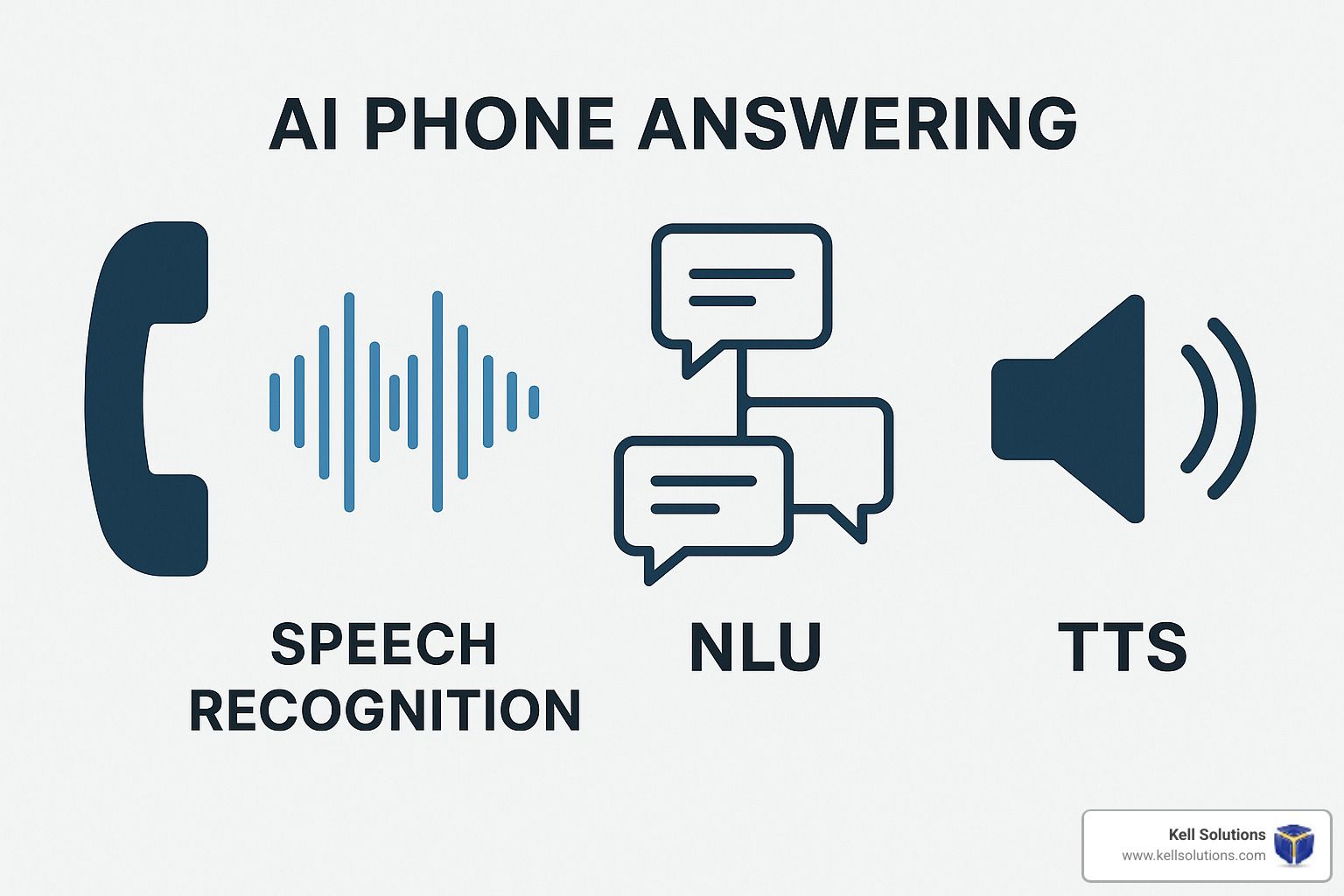
Core Workflow Inside an AI phone answering system
Have you ever wondered what happens in those milliseconds between when someone calls your business and when the AI responds? Here's the magic behind the curtain:
First, real-time transcription converts your caller's speech into text. The system's intent detection then identifies what they're trying to accomplish – maybe they want to book an appointment or ask about your hours.
Next, the system searches your knowledge base for the right information to answer their question. It crafts a natural-sounding response and delivers it in a conversational way. Throughout the call, it's also updating your CRM with details about the interaction, so you have a complete record.
The most sophisticated systems can even pick up on emotional cues in your caller's voice and adjust their tone accordingly – sounding more empathetic when someone is frustrated or more enthusiastic when they're excited.
Benefits & Drawbacks You Must Know
Let's talk about what you're really getting - and what you might be giving up - when you choose an AI phone answering system for your business.
Key Benefits
The upside of AI phone answering is pretty compelling. First, you're getting a tireless team member who's available 24/7, meaning your business never truly closes its doors to potential customers. No more Monday morning voicemail pile-ups or weekend lead losses.
Perhaps the most immediate relief comes from zero hold times. Your AI phone answering system can handle multiple calls simultaneously, so even during your busiest periods, callers connect instantly. Compare that to the average 13 minutes customers spend on hold with traditional services!
The financial math makes sense too. Most businesses report around 70% cost savings compared to human answering services. A system that costs $100-200 monthly often replaces services that would run $600-800 for similar coverage.
Beyond the obvious time and money benefits, there's the consistency factor. Your AI assistant never has a bad day, never sounds rushed with callers, and always provides the exact information you've programmed it to share. This consistency builds trust with repeat callers.
For businesses serving diverse communities, the multilingual capabilities are game-changing. Top systems can communicate naturally in over 140 languages, opening your business to customers you might otherwise struggle to serve effectively.
The data insights might be my favorite hidden benefit. Every call generates a detailed transcript and analytics that help you understand what customers are asking for, when they're calling, and what information they need most. This business intelligence would cost thousands through traditional market research.
A chain of family restaurants saw a measurable 5% rise in customer satisfaction scores after implementing AI answering, while a group of fast casual restaurants experienced a 15% jump in online orders monthly after their AI system began explaining online ordering options to callers. More info about benefits
Potential Drawbacks
I'd be doing you a disservice if I didn't mention the limitations. While AI phone answering systems have become remarkably sophisticated, they still can't match humans in detecting subtle emotional cues. A caller who's frustrated but being polite might not get the extra care a human would instinctively provide.
There's also the reality of technical dependencies. Your system relies on internet connectivity and cloud services. While rare, outages can temporarily impact availability, so having a backup plan is wise.
Some customers, particularly older demographics, may initially resist talking to an AI. This resistance typically fades as the technology becomes more mainstream, but it's something to consider for your specific customer base.
Privacy concerns require attention too. Call recording and data storage need proper compliance measures, especially in regulated industries. Make sure your provider can explain their security protocols clearly.
Complex inquiries will occasionally stump even the best AI systems. When a caller has a unique situation or needs to discuss sensitive matters, having a clear escalation path to a human team member is essential.
Finally, there's the setup investment. While the monthly costs are lower, you'll need to invest time upfront in configuring your knowledge base and integrations. The good news is that this is typically a one-time effort with occasional updates.
"While AI phone answering systems have become remarkably natural, it's important to have fallback procedures for when the technology encounters limitations." – Kell Solutions Implementation Specialist
The research backs up both the benefits and cautions. Studies on customer satisfaction in service industries show that response time and availability are among the top factors affecting loyalty, areas where AI excels. However, emotional connection remains important for complex problem resolution, suggesting a hybrid approach might be optimal for some businesses.
System Type #1 – Budget-Friendly Starter Packages
If you're just dipping your toes into AI phone answering or have a smaller call volume, budget-friendly options make perfect sense as your entry point.
These wallet-friendly AI phone answering systems won't break the bank while still delivering impressive functionality. Typically priced between $49-$100 per month, they operate on simple pay-as-you-go models that let you scale as needed without long-term commitments.
What makes these systems particularly appealing is their user-friendly approach. Even if you're not tech-savvy, you'll appreciate the straightforward setup wizards that guide you through the process. Most businesses can be up and running in under 10 minutes, with full testing completed within half an hour.
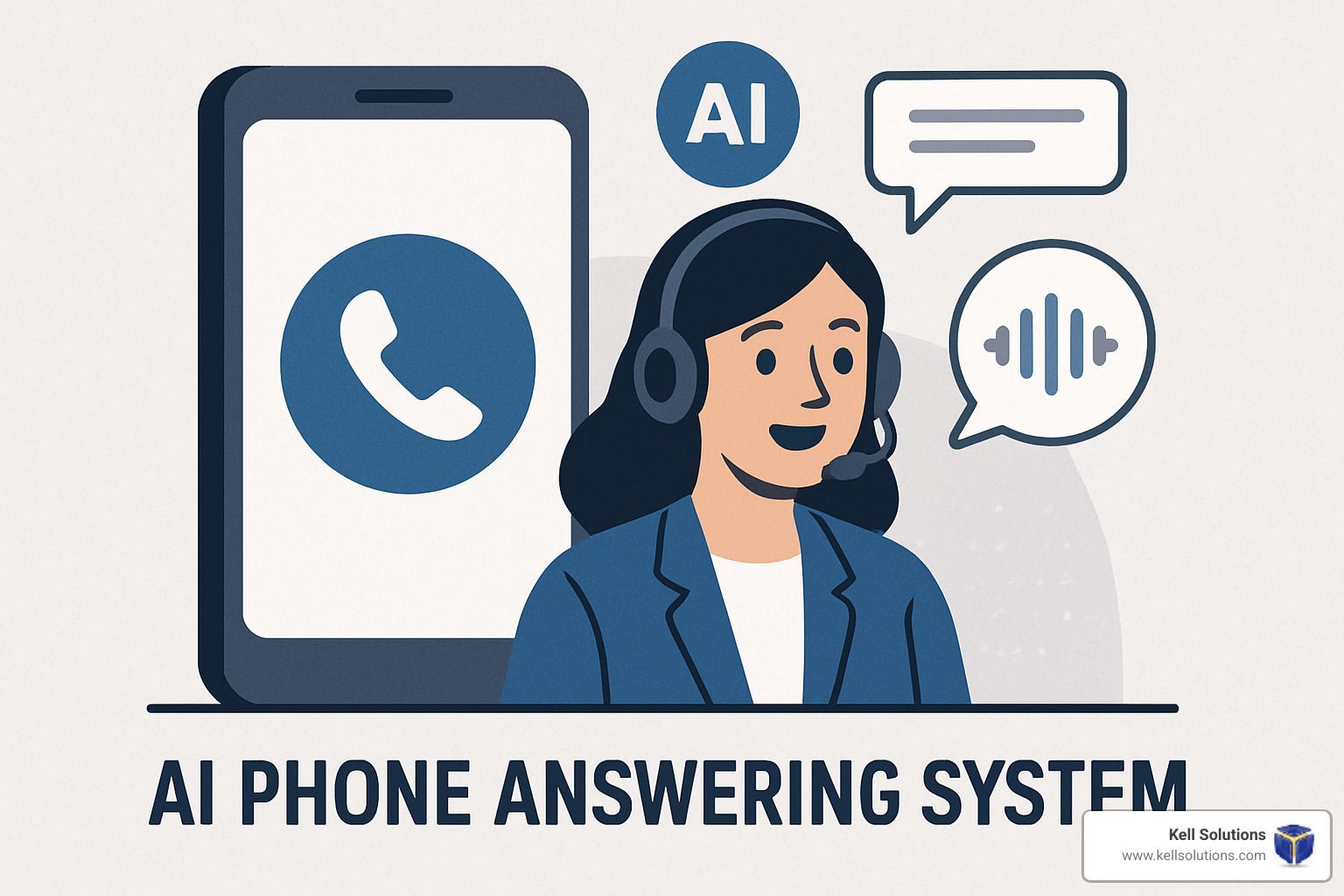
While more affordable, these starter packages still offer essential features like basic integrations with popular calendars and CRMs, so your new virtual receptionist works seamlessly with tools you already use. You'll also get standard voice options, customizable greeting templates, and essential analytics that track call volume and outcomes.
Take Simple Phones, for example. Their starter plan at $49/month handles up to 100 calls – plenty for many small businesses just getting started with automation.
Who Should Choose This AI phone answering system?
You'll find these budget-friendly systems are perfect if you're a solopreneur or side-hustler juggling multiple responsibilities. They're also ideal if your business receives a moderate call volume (generally under 100 calls monthly).
Many of our clients start here when they're testing the AI waters as a proof-of-concept before committing to more advanced systems. Seasonal businesses with fluctuating needs also love the flexibility these systems provide.
One mobile notary client shared with us: "I was missing calls while at signings, which meant losing new business. The basic AI phone answering system I implemented for $49/month has already paid for itself multiple times over by capturing leads I would have otherwise missed."
These systems excel at handling straightforward but crucial tasks – capturing caller information, booking basic appointments, and answering those frequently asked questions that can eat up your day. While they may not have all the bells and whistles of premium options, they deliver exceptional value for businesses with straightforward needs.
For many small businesses, these starter packages hit the sweet spot between affordability and functionality, making 24/7 professional call handling accessible to everyone – not just companies with deep pockets.
System Type #2 – Industry-Tuned Voice AI
For businesses in specialized industries, generic AI phone systems may fall short. Industry-tuned systems are pre-trained with specific knowledge, terminology, and workflows relevant to particular business types.
These specialized AI phone answering systems offer:
- Industry-specific scripts and knowledge bases
- Compliance features (like HIPAA for healthcare)
- Integration with industry-standard software
- Specialized vocabulary and response patterns
- Custom voice personalities that match your brand
For example, restaurant-focused systems can handle complex reservation scenarios, answer menu questions, and process takeout orders. Healthcare systems understand medical terminology and maintain HIPAA compliance while scheduling appointments.
Key Features That Differentiate This AI phone answering system
What makes industry-tuned systems stand out:
- Pre-trained Intents: Understanding common requests specific to your industry
- Specialized API Connections: Direct integration with industry software (POS, reservation systems, EMR, etc.)
- Compliance Modules: Built-in safeguards for regulated industries
- Voice Cloning: The ability to match your brand's tone and personality
- Industry-Specific Analytics: Reporting custom to your business metrics
A steakhouse that received over 200 reservation calls per day implemented an industry-specific AI phone answering system and saved over 4 hours of manager time daily. The AI was able to handle routine reservation requests while escalating VIP clients or unusual requests to human staff.
Similarly, healthcare practices can benefit from systems that understand appointment types, insurance verification processes, and patient intake requirements – all while maintaining strict HIPAA compliance.
System Type #3 – Multilingual & Global Reach
In our increasingly connected world, language barriers shouldn't limit your business reach. Today's advanced AI phone answering systems can speak up to 143 languages with remarkably natural-sounding voices and cultural awareness that was previously impossible without a global call center staff.
These sophisticated systems don't just translate words – they understand cultural nuances and regional expressions, making callers feel genuinely understood regardless of where they're calling from.
"Having an AI system that speaks both perfect English and Spanish has transformed our business," shares a Miami hotel owner. "International guests are delighted when the system automatically detects their language preference without them having to request it."
The global capabilities of these systems extend far beyond basic translation:
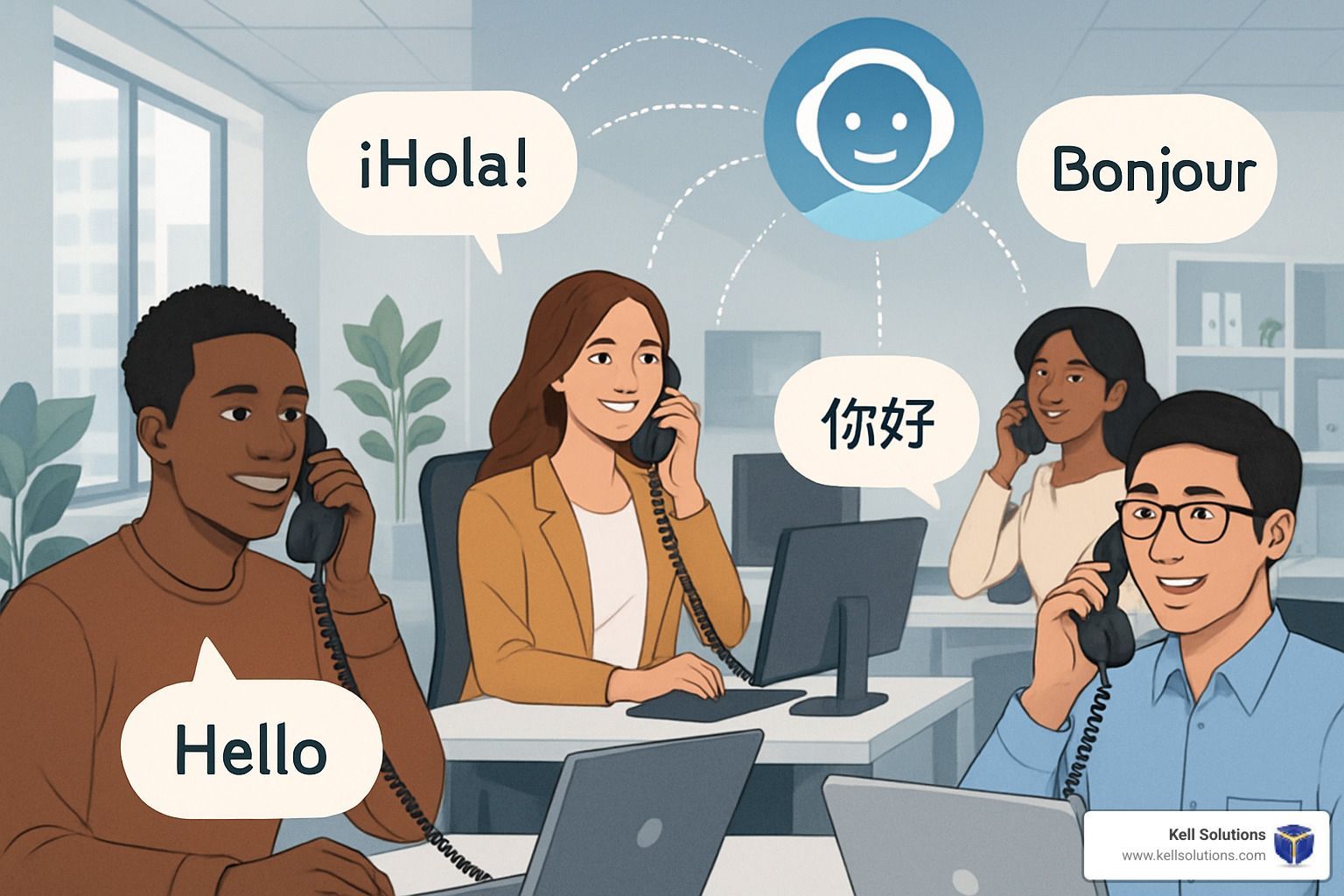
Companies like PlayAI have pioneered multilingual support with true global coverage, offering businesses the ability to establish presence in new markets without the traditional overhead. You can set up local phone numbers in over 25 countries, comply with regional regulations like GDPR, and schedule operations with timezone awareness – all through a single dashboard.
For businesses serving diverse communities or expanding internationally, these capabilities create tremendous competitive advantages. A restaurant chain with locations in border communities saw reservation rates increase 23% after implementing a bilingual AI phone answering system that seamlessly switched between languages.
How a Multilingual AI phone answering system Handles Cultural Nuance
What makes these systems truly impressive is their ability to go beyond word-for-word translation to deliver culturally appropriate interactions.
When a call comes in, the system first identifies the caller's likely location through their country code. It then listens for language cues and automatically adapts to the caller's preferred language. This happens seamlessly, without awkward pauses or menu selections.
Once the language is established, the AI phone answering system employs region-specific greetings and conversational patterns. A caller from Spain might receive a different greeting style than someone from Mexico, despite both speaking Spanish.
The system also provides localized business information relevant to each region. A global retail chain might share different store hours, promotions, or shipping options depending on the caller's location.
Perhaps most impressively, modern systems can match regional accents and speech patterns. The Spanish spoken to callers from Argentina will have subtle differences from that used with callers from Colombia – creating a more authentic and welcoming experience.
For businesses with international ambitions or those serving multicultural communities, these capabilities aren't just nice-to-have features – they're essential tools for growth and customer satisfaction in our global marketplace.
System Type #4 – Hybrid AI + Human Escalation
For businesses where high-touch service is essential, hybrid systems combine AI efficiency with human warmth when needed.
These sophisticated systems:
- Handle routine inquiries automatically
- Detect caller emotion and frustration
- Transfer to live agents for complex scenarios
- Provide agents with full context and transcripts
- Maintain consistent service levels with SLA guarantees
The key innovation in hybrid systems is intelligent escalation. Rather than simply transferring calls after hours or when the AI is confused, these systems make smart decisions about when human intervention would provide the best customer experience.
When a Hybrid AI phone answering system Beats 100% Automation
Certain scenarios benefit significantly from the hybrid approach:
- VIP Client Interactions: High-value customers receive priority human service
- Complex Negotiations: Situations requiring nuanced discussion or empathy
- Regulatory Disclosures: Legally sensitive information that requires human oversight
- Emotional Support: Callers in distress or expressing strong emotions
- Technical Troubleshooting: Complex problem-solving that exceeds AI capabilities
Abby Connect, for example, offers a human-plus-AI hybrid model that delivers a personalized experience ideal for high-end retail and professional practices.
A law firm implementing this approach shared: "The AI handles initial intake and basic scheduling, but when potential clients have case-specific questions or emotional concerns, the system smoothly transfers them to an attorney. The caller doesn't feel bounced around because the AI provides the attorney with complete context."
This approach combines the best of both worlds: the efficiency and 24/7 availability of AI with the emotional intelligence and problem-solving abilities of human agents.
System Type #5 – Deep-Analytics & Integration Powerhouse
For businesses that love making decisions based on solid data, some AI phone answering systems go far beyond just handling calls – they become valuable sources of business intelligence.
These analytics-focused systems transform every conversation into meaningful insights that can drive your business forward. They connect the dots between your phone interactions and other business processes, revealing patterns you might otherwise miss.
What sets these powerhouse systems apart is their ability to show you exactly what's happening with your calls through intuitive dashboards. You'll see which times of day are busiest, what questions callers ask most frequently, and even how different AI responses affect your conversion rates.
The integration capabilities are equally impressive. Whether you need to connect with popular platforms through Zapier's 6,000+ app ecosystem or build custom connections through webhooks, these systems play nicely with virtually any business tool you're already using.
I recently spoke with a home services company that finded through their AI phone answering system's analytics that they were missing dozens of potential jobs each month simply because customers were calling about services they didn't prominently advertise. This single insight led to a website update that increased their monthly revenue by over 15%.
Leveraging Data from an AI phone answering system for Growth
The real magic happens when you start using call data strategically. Imagine knowing exactly which marketing campaigns are driving phone calls, or being able to predict your busy periods weeks in advance.
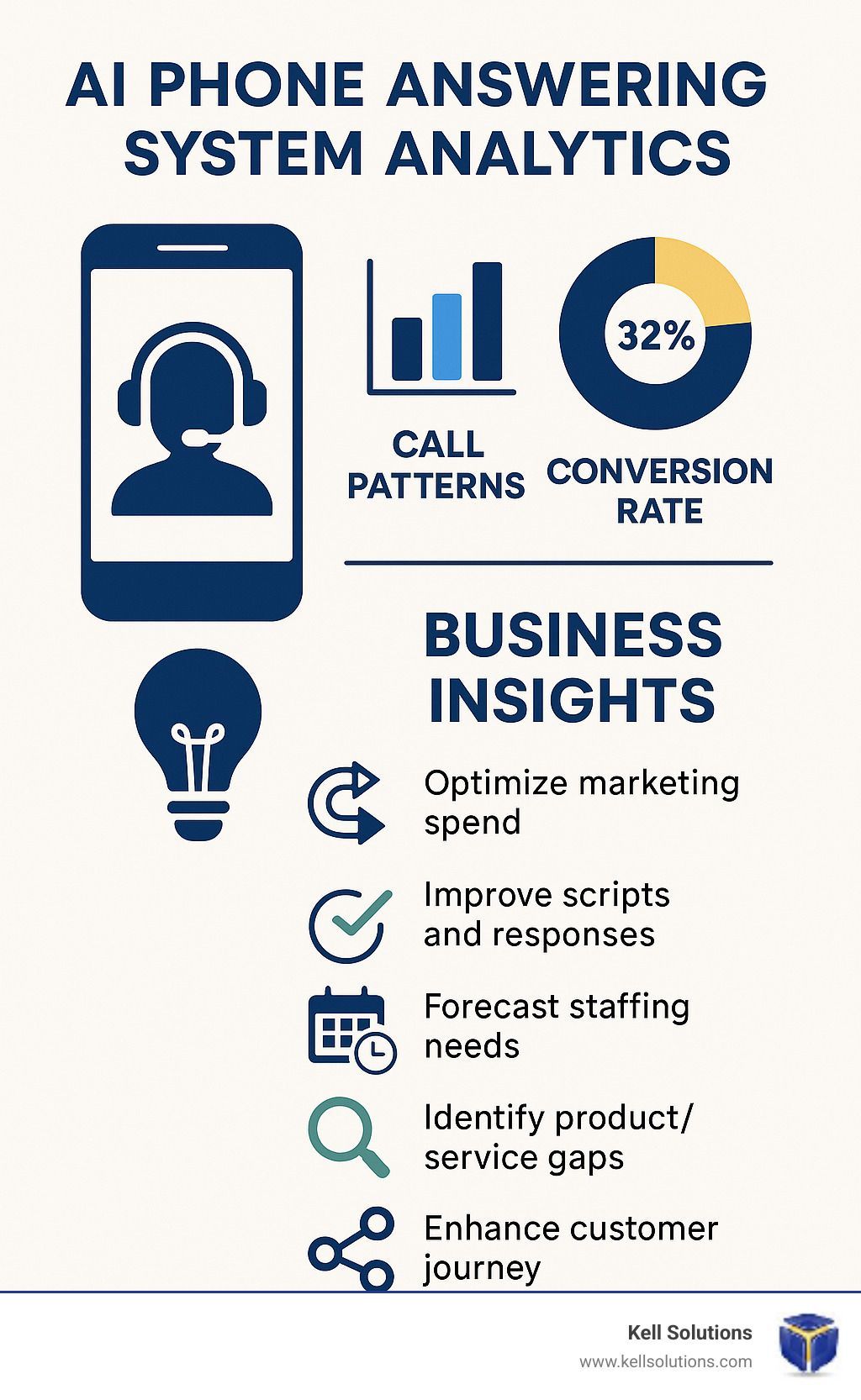
Smart businesses use these insights in several powerful ways:
First, they optimize their marketing spend by tracking which ads or campaigns drive actual phone inquiries, not just website visits. One retail client finded their Facebook ads generated twice as many phone leads as their Google ads, despite similar click-through rates.
They also improve their scripts and responses through systematic testing. Much like A/B testing web pages, you can try different AI greeting styles or question flows to see which ones convert better. A medical practice found that having their AI phone answering system mention their same-day appointment availability immediately increased bookings by 27%.
Perhaps most valuable is the ability to map the customer journey from first call to purchase. You can see exactly where potential customers drop off and adjust your processes accordingly. An e-commerce business finded through call analytics that customers frequently asked about a product feature not prominently displayed on their website. After updating their site based on this insight, they saw a 23% increase in conversion rates.
The best part? All this happens automatically in the background while your AI phone answering system handles your calls. The system quietly gathers insights day and night, building a treasure trove of actionable data that helps you make smarter business decisions.
For businesses serious about growth, these analytics-driven systems offer a competitive edge that goes far beyond simply answering the phone.
Pricing Models Demystified
When shopping for an AI phone answering system, understanding how you'll be billed makes all the difference between a pleasant surprise and an uncomfortable shock when that first invoice arrives.
Let's break down how these systems typically charge you – in plain English, no tech jargon required.
Most AI phone answering systems use one of these straightforward approaches:
Per-minute pricing charges you only for actual conversation time (usually between 5-20 cents per minute). This works beautifully for businesses with unpredictable call patterns.
Per-call pricing sets a fixed rate for each inbound call regardless of whether it lasts 30 seconds or 10 minutes. This makes budgeting simple if your calls tend to vary widely in length.
Tiered subscriptions offer a fixed monthly fee covering a set number of minutes or calls. Think of it like your cell phone plan – predictable monthly costs with clear limits.
User-based models charge based on how many staff members need access to the system. This works well for larger teams where multiple people need to monitor calls.
Feature-based tiers typically come as Basic, Professional, and Enterprise packages. The more bells and whistles you need, the higher the tier.
Good news – most vendors offer 15-25% discounts if you commit annually rather than paying month-to-month. That's a significant saving for technology you'll likely use for years.
A word of caution about those sneaky extra charges that might not be obvious upfront. Keep an eye out for setup fees, voice customization costs, integration development charges, overage penalties for exceeding limits, recording storage fees, and additional support costs.
I appreciate vendors like IsOn24 who keep their pricing crystal clear: $39/month for 1,000 minutes at the basic level, with straightforward upgrades to $79 or $159 monthly as your needs grow. This transparency makes calculating your actual costs refreshingly simple.
ROI Calculation
Is an AI phone answering system actually worth it for your business? Here's how to figure it out without needing a finance degree:
First, compare the monthly cost against what you're currently spending on reception staff or an answering service. The difference is often dramatic – most businesses report 5x labor cost savings compared to human answering services.
Next, consider the value of leads you're currently missing. If your AI phone answering system captures just one additional customer per month who might have gone elsewhere, that alone often covers the entire service cost.
Don't forget the time your team saves when they're not constantly interrupted by routine calls. Those recovered hours add up quickly.
The extended hours value is substantial too. Many businesses find that 20-30% of their opportunities actually come outside normal business hours – calls that only an AI system would capture consistently.
Finally, there's the peace of mind in knowing your system can handle unexpected call surges without additional cost. No more scrambling to find extra help during busy seasons.
One small business owner told me they cut their monthly answering costs from $400 to just $50 after switching to an AI system – while simultaneously improving both response rates and customer satisfaction. That's the kind of win-win outcome we love to see.
When you run the numbers, most businesses find their AI phone answering system pays for itself within the first month, with everything after that contributing directly to improved profitability and growth.
Implementation & Training Checklist
Setting up your AI phone answering system isn't as complicated as you might think. In fact, with a bit of preparation, you can transform how your business handles calls in less than an hour. Let's walk through what you'll need to do to get up and running smoothly.
Pre-Launch Preparation
Before you dive into the technical setup, take some time to gather what your AI will need to succeed. Think about your current phone setup - will you forward existing business numbers to the AI system, or would you prefer a fresh start with new numbers?
Next, compile all the information your virtual receptionist will need to know. This includes your frequently asked questions, service descriptions, pricing details, and business policies. The more comprehensive this knowledge base is, the more effective your AI will be from day one.
Don't forget to map out how you want calls to flow. Which questions should trigger appointment booking? When should a call escalate to a human? Having a clear vision of these pathways will make configuration much simpler.
Voice selection is another important pre-launch decision. Your AI's voice becomes an extension of your brand, so choose a personality and speaking style that reflects your business values. Many systems offer various accents and voice types to match your ideal brand representation.
Technical Setup
The actual setup process is remarkably straightforward with most modern AI phone answering systems. You'll start by creating your account and completing your business profile with basic information like hours, location, and services.
Next comes the fun part - configuring your AI's voice characteristics. Whether you want warm and friendly or professional and efficient, you can tailor the tone to fit your brand perfectly.
The phone number setup is where your preparation pays off. You'll either forward your existing business lines or provision new numbers through the platform. Most systems make this process nearly automatic with guided setup wizards.
Training your AI is where the magic happens. You'll upload your knowledge base and connect your business tools like calendars and CRM systems. This is what transforms a generic AI into your custom virtual receptionist who knows your business inside and out.
Before going live, spend time testing various call scenarios. Have team members call in pretending to be customers with different needs and questions. This role-playing helps identify any gaps in the AI's knowledge or awkward responses that need refinement.
Staff Training
Your team needs to understand both the capabilities and limitations of your new AI phone answering system. Schedule a brief training session to show them how the system works and what to expect.
Make sure everyone knows how to monitor the dashboard and access call recordings or transcripts. This visibility builds confidence in the system and helps identify opportunities for improvement.
Establish clear protocols for when human intervention is needed. Who gets notified when the AI escalates a call? What information will they receive about the caller? Having these processes defined prevents confusion when the system needs human backup.
Continuous improvement is the secret to long-term success. Set up regular reviews of call data and performance metrics to identify patterns and refine the system over time.
Smooth Roll-Out of Your AI phone answering system
The smartest approach is to start small. Begin with a pilot phase covering limited call types or departments rather than immediately routing all calls through the AI. This controlled environment lets you build confidence in the system while minimizing risks.
Define clear metrics for success from the beginning. Are you looking to improve call completion rates? Reduce hold times? Capture more leads after hours? Having specific KPIs helps you measure real progress.
Collect feedback aggressively in the early days - both from your team and from customers. This real-world input is invaluable for fine-tuning the system.
Be prepared to make quick adjustments based on performance data. The best implementations are those that evolve rapidly in response to actual usage patterns.
"The key to a successful AI phone system rollout is thorough testing before going live. We recommend role-playing at least 20 different call scenarios to ensure the AI handles various situations appropriately." – Kell Solutions Implementation Specialist
Most businesses are surprised by how quickly they can implement an AI phone answering system. The basic setup typically takes under 10 minutes, with complete testing and optimization requiring just 15-30 minutes more. From there, your system will continue to improve as it handles more calls and learns from each interaction.
For a detailed walkthrough of the setup process for VoiceGenie AI, check out our guide on easy setup. We've designed the process to be straightforward even for non-technical business owners.
Frequently Asked Questions about AI Phone Answering
How does an AI system deal with sensitive customer data?
When it comes to handling personal information, security is a top concern for most businesses. AI phone answering systems vary in their protection measures, but the best providers take data security seriously.
Reputable AI answering services typically offer several layers of protection, including HIPAA compliance for healthcare applications, SOC 2 certification that verifies security practices, and GDPR compliance for businesses serving European customers. Look for systems that provide encrypted call storage and give you control over how long customer data is retained.
At Kell Solutions, we built our VoiceGenie AI with a security-first approach. We understand that your callers share important information, and protecting that trust is essential to your business reputation.
If your business handles sensitive details like medical information, financial data, or personal identifiers, always verify the security certifications of any AI phone system before making a decision. Don't hesitate to ask vendors specific questions about how they protect caller information – reputable providers will be happy to explain their security protocols.
What happens if the AI misunderstands a caller?
It's a common concern – what if the AI gets confused? The good news is that today's AI phone answering systems are designed with multiple backup plans for those inevitable moments of misunderstanding.
When confusion happens, modern systems typically respond in one of several ways. First, they might politely ask the caller to rephrase their request. If that doesn't work, systems with confidence thresholds will recognize when they're uncertain and follow predetermined fallback paths rather than guessing.
For more complex situations, the best systems can smoothly transfer to a human team member. And importantly, these challenges become learning opportunities – the AI actually improves over time based on these difficult interactions.
I particularly like how the better systems handle uncertainty. Rather than a frustrating "I don't understand" response, they might say something like: "I want to make sure I help you correctly. Could you briefly tell me what you're looking to accomplish today?" This keeps the conversation flowing naturally while giving the caller a chance to explain differently.
This approach, often called "graceful degradation," ensures that even when perfect understanding isn't possible, the caller still has a positive experience.
What typical monthly costs should a small business budget?
Let's talk money – what should you actually expect to pay for an AI phone answering system?
For small businesses, costs typically align with your call volume and feature needs. Basic systems handling around 100-250 calls monthly generally run between $49-$100 per month. These entry-level options work well for businesses just starting with AI answering or those with straightforward needs.
If you need more advanced features like multiple department routing or specific industry knowledge, mid-range systems typically cost $100-$250 monthly. For the most comprehensive enterprise-grade capabilities with extensive integrations and customizations, premium systems range from $250-$600 per month.
Several factors influence where you'll fall in these ranges. Beyond call volume, consider whether you need specialized integrations with your existing business tools, custom voice personalities that match your brand, or improved support options.
The good news is that even at the higher end of these ranges, AI phone answering systems typically represent a 70-90% cost savings compared to traditional answering services or hiring dedicated reception staff. Most small businesses with moderate call volumes find excellent value in the $100-$200 monthly range, with the investment quickly paying for itself through improved lead capture and customer experience.
At Kell Solutions, we've structured our pricing to deliver maximum value while keeping costs predictable. We believe powerful AI assistance shouldn't require an enterprise-level budget.
Conclusion – Picking the Right Voice Partner
Choosing an AI phone answering system isn't just about technology—it's about finding a partner that truly understands your business needs. After exploring all the options, you're now equipped to make a decision that could transform how your business handles calls and captures leads.
At Kell Solutions, we created VoiceGenie AI specifically for businesses tired of missing opportunities when the phone rings. Our system strikes that perfect balance between sounding genuinely human and efficiently converting callers into customers. What makes VoiceGenie special is how it seamlessly fits into your existing workflow while operating around the clock.
When making your final choice, consider what matters most to your business:
First, think about your typical call patterns. A salon with 50 calls daily needs different capabilities than a contractor receiving 10 important leads per week. Match the system to your actual needs.
Next, consider your industry requirements. Some businesses need specialized knowledge built into their AI, while others need multilingual capabilities or specific integrations.
Speaking of integrations—don't overlook compatibility with your existing tools. The best AI phone answering system works harmoniously with your CRM, calendar, and other business software to create a unified experience.
Also, think about where your business is headed. Will you be expanding to new locations? Adding services? Make sure your chosen system can grow alongside you without requiring a complete overhaul later.
Finally, while budget matters, focus on value rather than just the price tag. A slightly more expensive system that captures even one additional high-value client per month delivers tremendous ROI compared to a budget option that misses opportunities.
The most effective AI phone answering systems become invaluable assets that do more than just answer calls—they improve your customer experience, provide business intelligence through call analytics, and free your team to focus on what they do best.
"Our AI answering system paid for itself in the first week by capturing three leads that would have gone to voicemail—and likely to our competitors. Now we're converting 28% more website visitors into actual customers." – Home services business owner
Ready to experience how VoiceGenie AI can transform your business communication? Get a personalized VoiceGenie demo today and see how our system ensures you'll never miss another valuable lead.
As AI voice technology continues advancing, early adopters gain a significant edge over competitors still relying on voicemail or expensive human answering services. The businesses that thrive won't just be the ones with the best products or services—they'll be the ones most accessible to their customers at the moment of decision. Isn't it time your business joined them?
More info:
📚 About the Author
Gregg Kell is a seasoned digital marketing strategist and founder of Kell Web Solutions, Inc., helping professional service firms grow through innovative AI-powered solutions like VoiceGenie AI. With over 20 years of experience in web development, lead generation, and business automation, Gregg is passionate about helping small businesses maximize growth and profitability through cutting-edge technologies.
When he’s not helping businesses boost their bottom line, Gregg enjoys life by the beach in Laguna Beach, California, with his wife Debbie, celebrating over 40 years of marriage and entrepreneurial adventures.
👉 Explore More from Gregg:
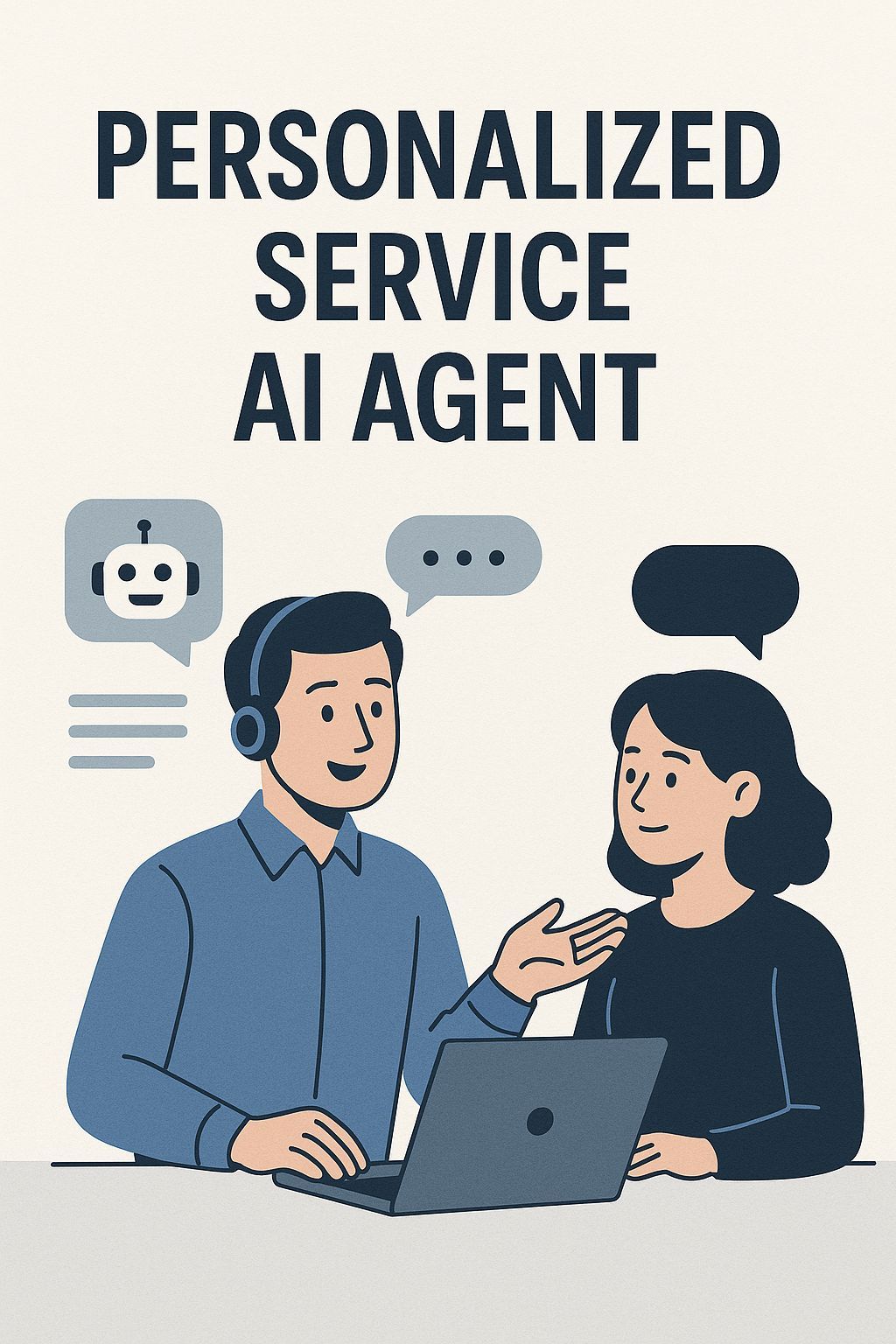

Orange County HVAC Google AI Overview Domination: 7 Proven Strategies to Capture Featured AI Results




